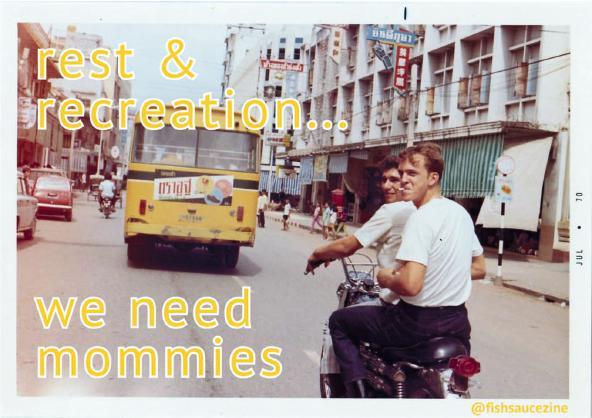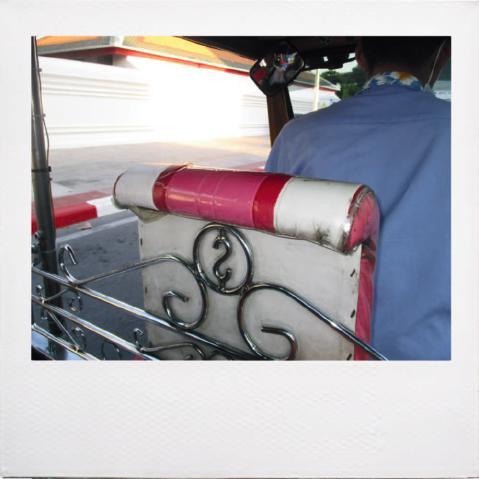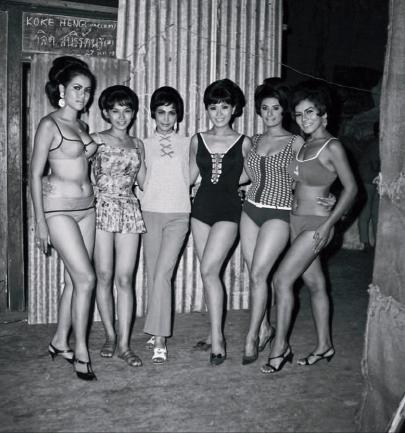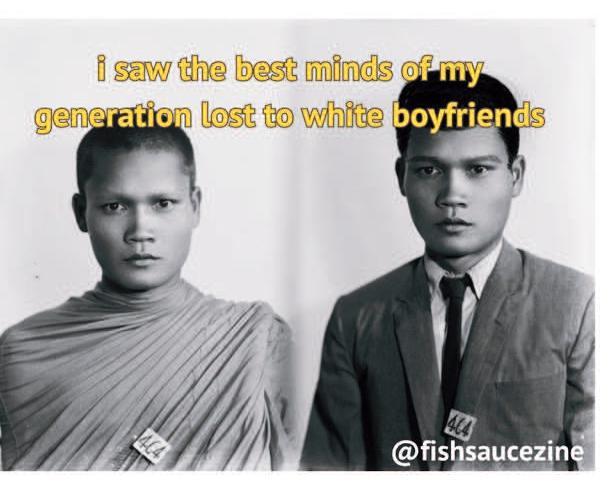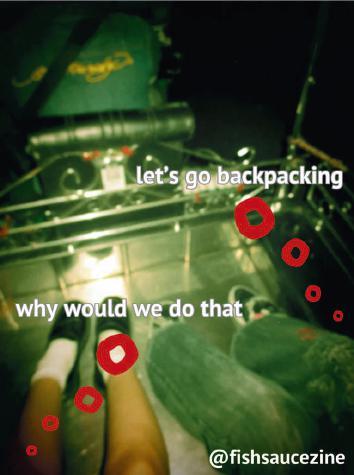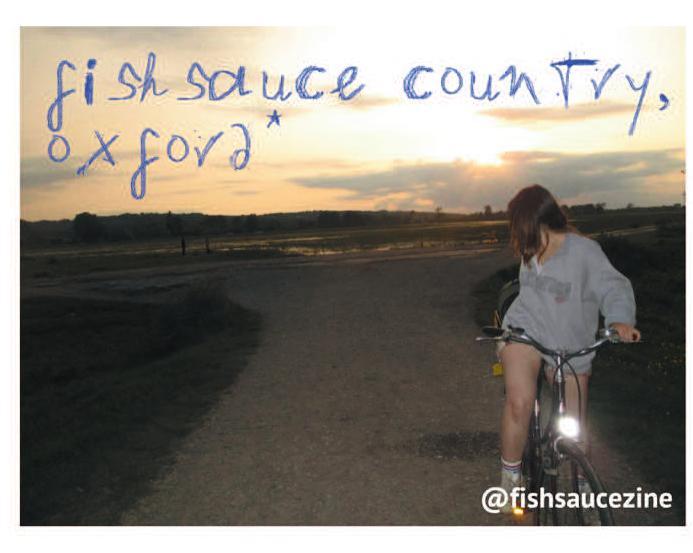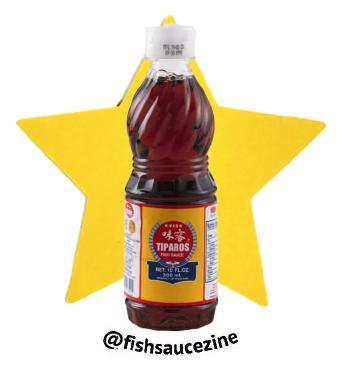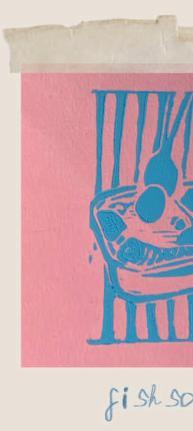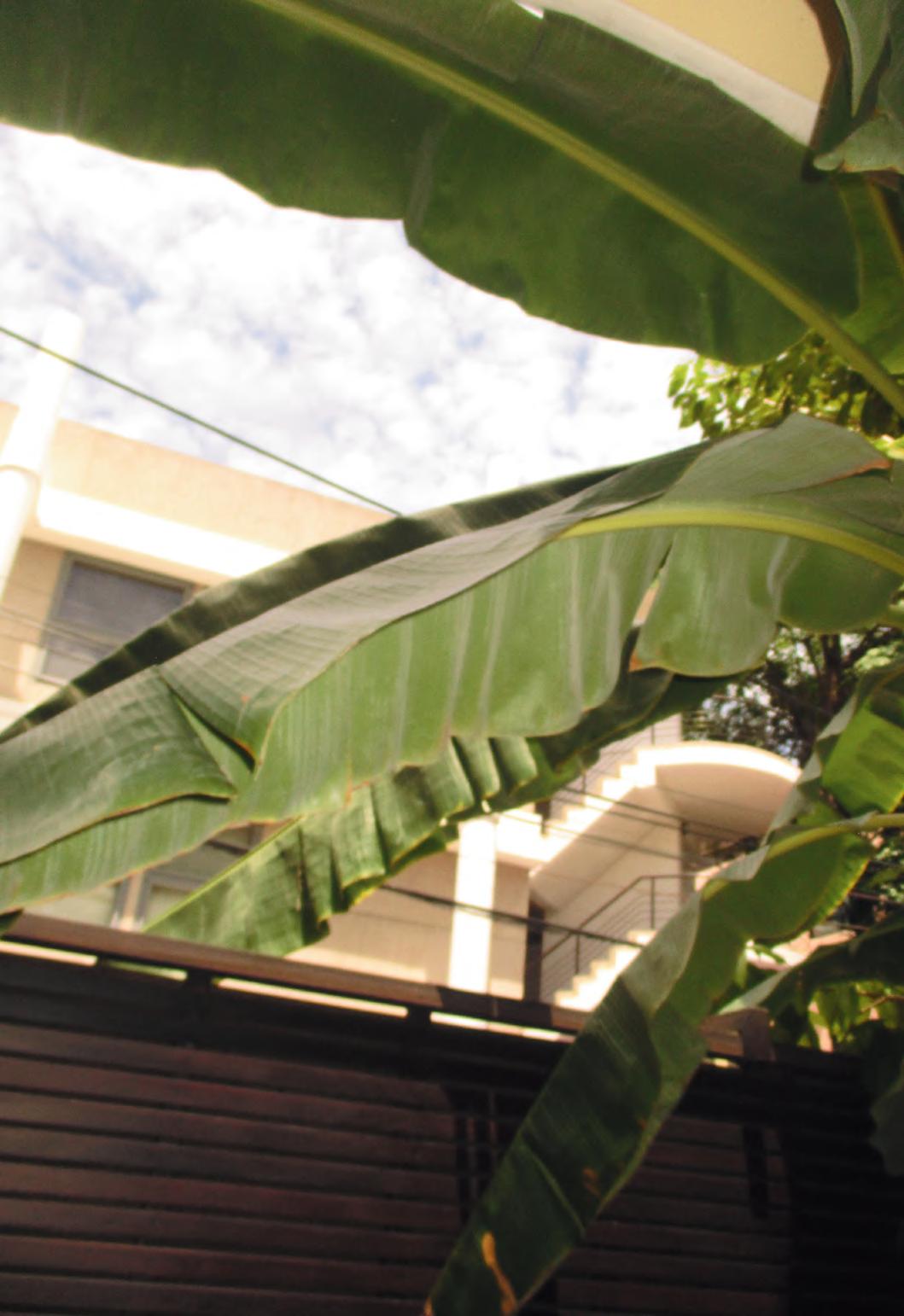fishsauce*
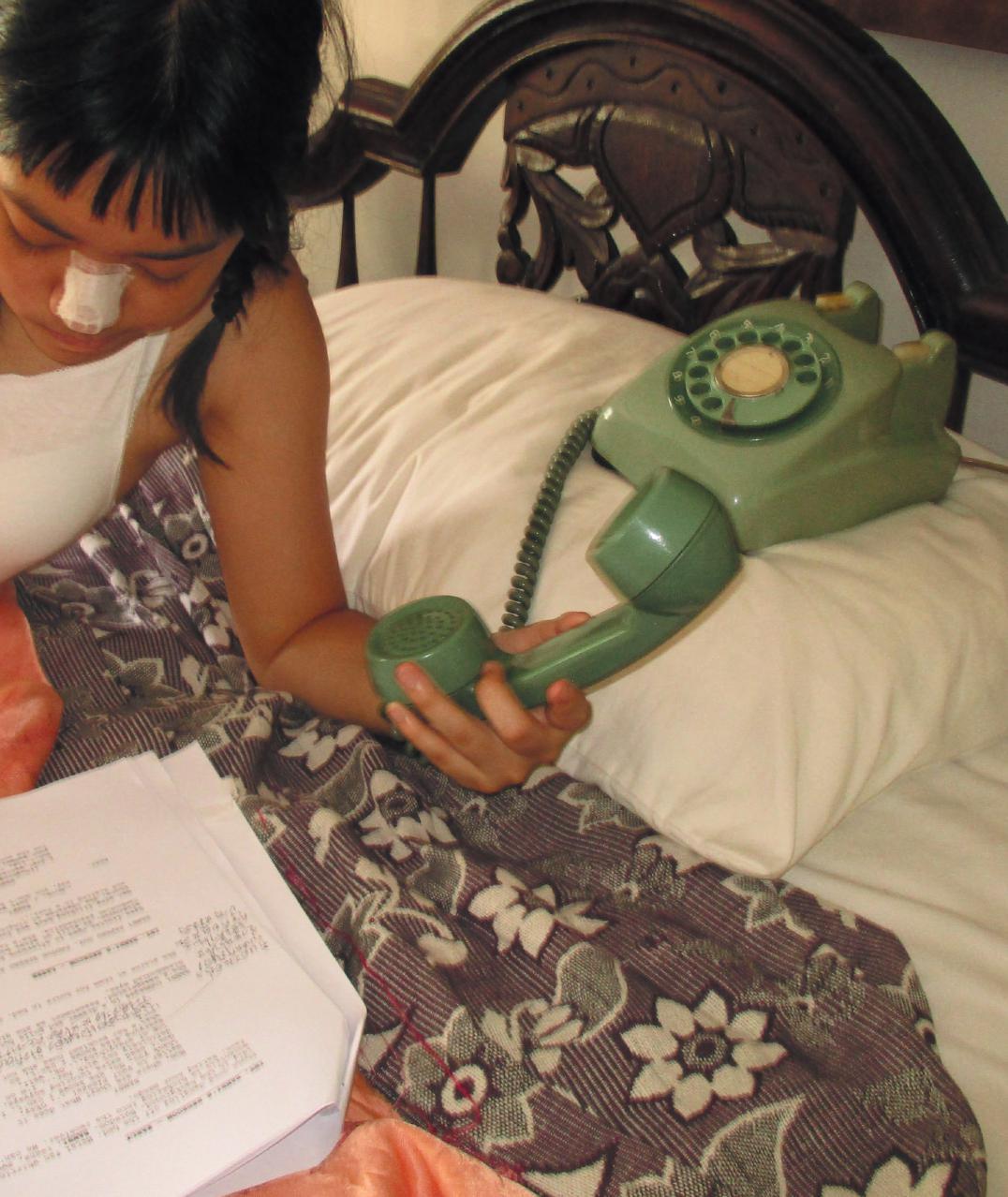


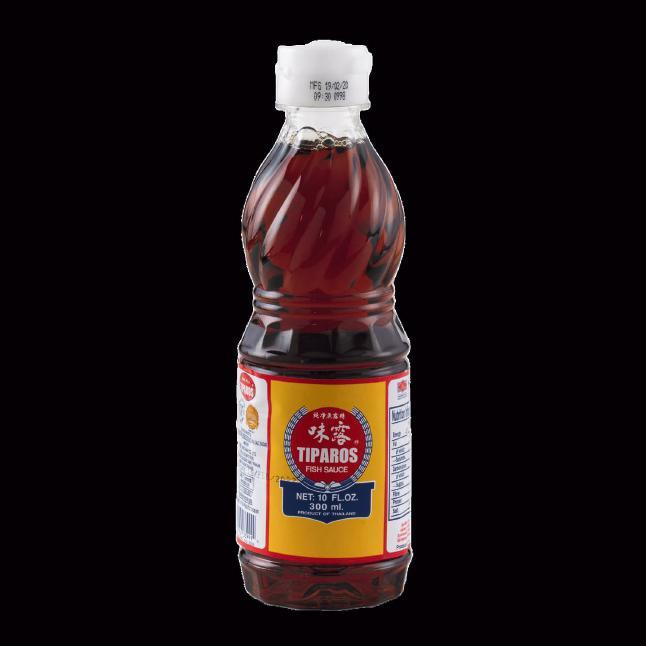

We are a group of young people coming from multicultural upbringings, with emphasis on mixed and Southeast asian perspectives. We believe in art as a means of interpersonal connection, and a prompt for multilateral reflection.
We want to bridge the gap between young people of mixed cultural and racial backgrounds, and spotlight the common ground shared between children of 2nd or 3rd cultures.
We are all currently living outside our places of birth, and are always looking to reconcile our heritage with the influences around us through film, poetry, writing, art and photography.
website: fishsaucemagazine.com
content by:
Anya Somwaiya (graphic designer + editor)
Alex Taylor-Anton
Bambi Thammongkol
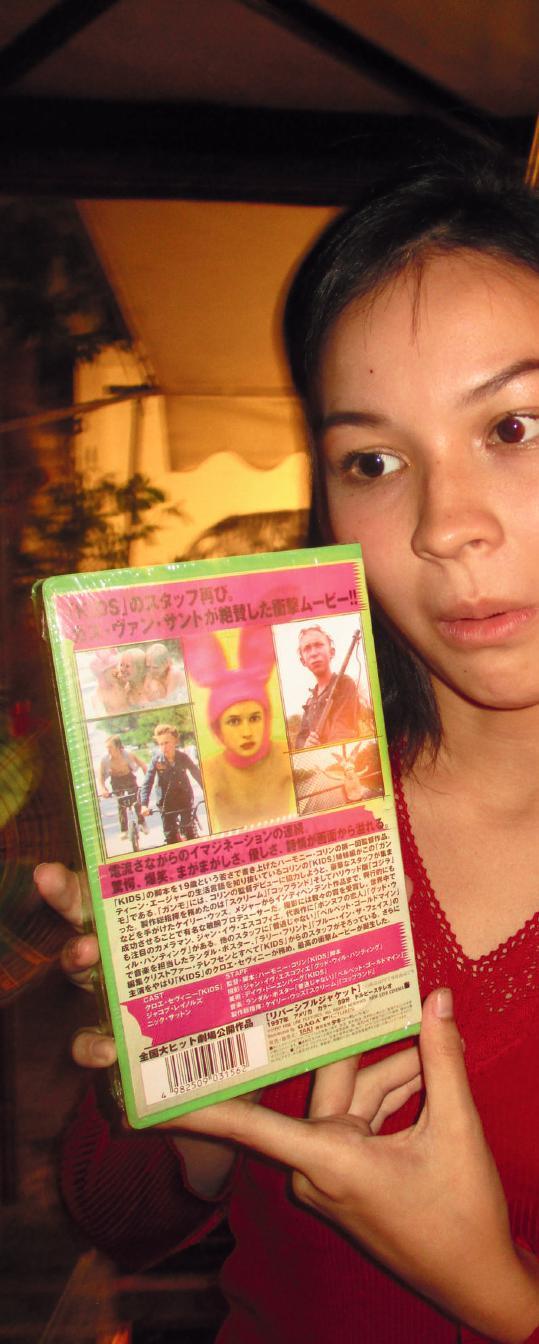
Mina Anttila
Cleo Nicholson
Jake Roiter
Kamori Osthananda
Mariana Serrano
Prudence Rakamnuaykit
Abby Igbosoroeze


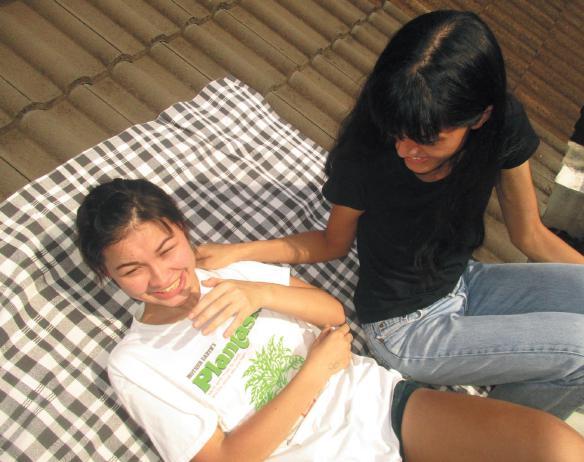

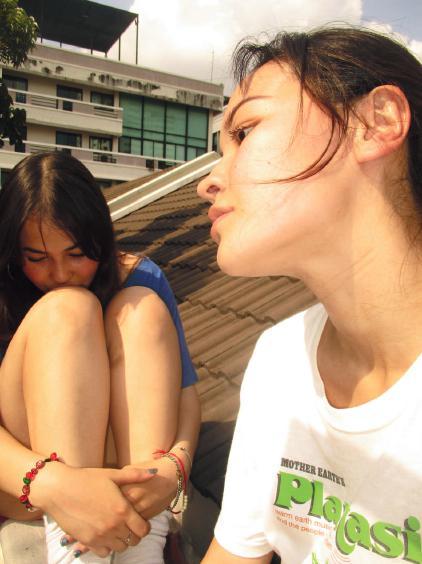
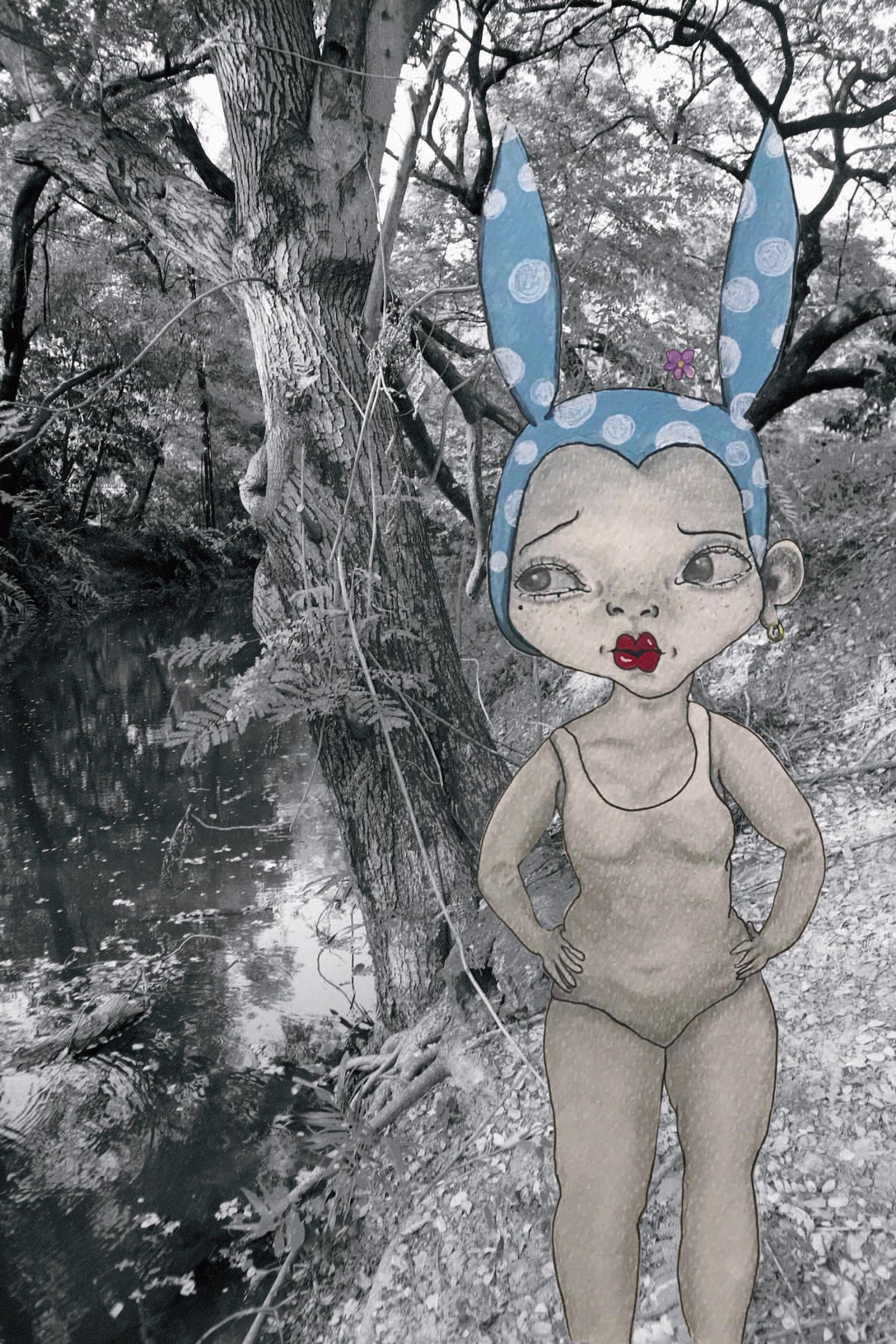
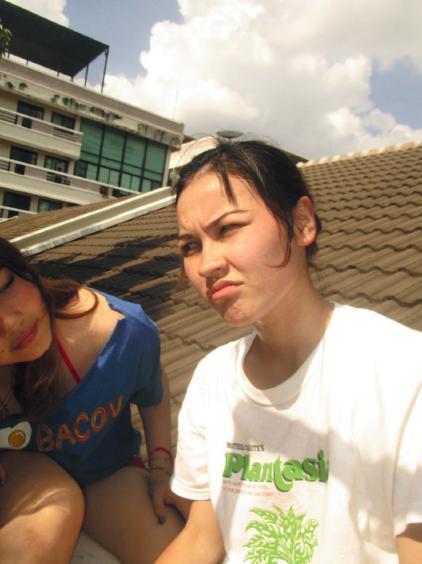
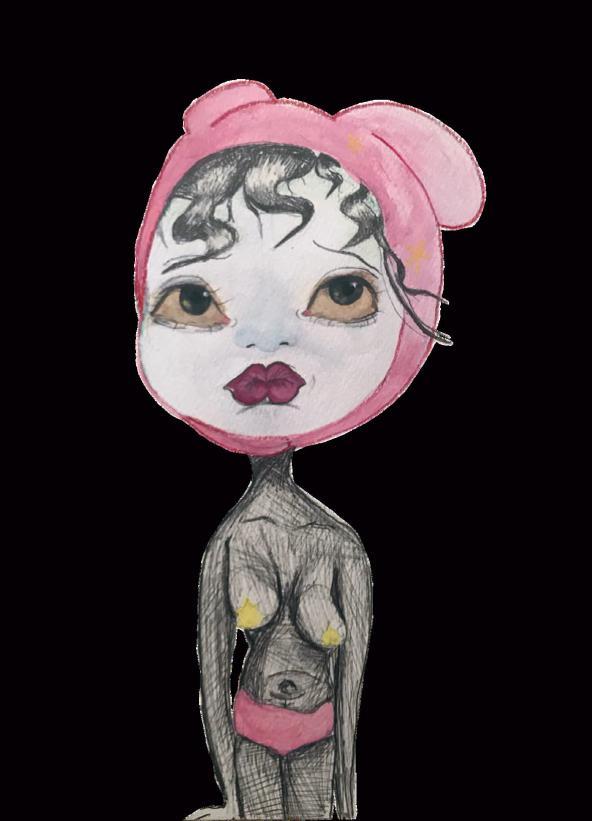

 photos by anya somwaiya & prudence rakamnuaykit
artwork by cleo nicholson
photos by anya somwaiya & prudence rakamnuaykit
artwork by cleo nicholson

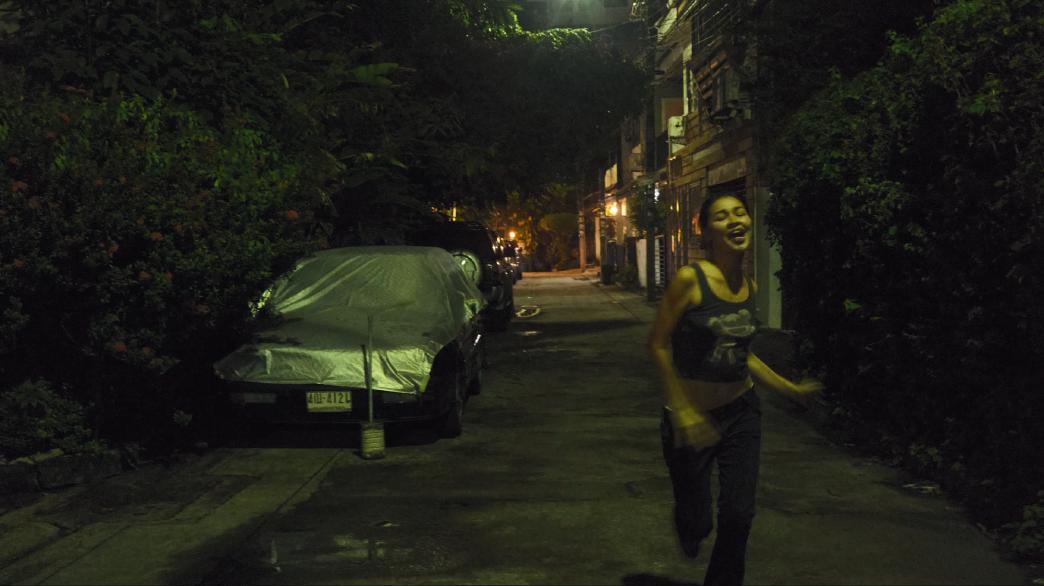
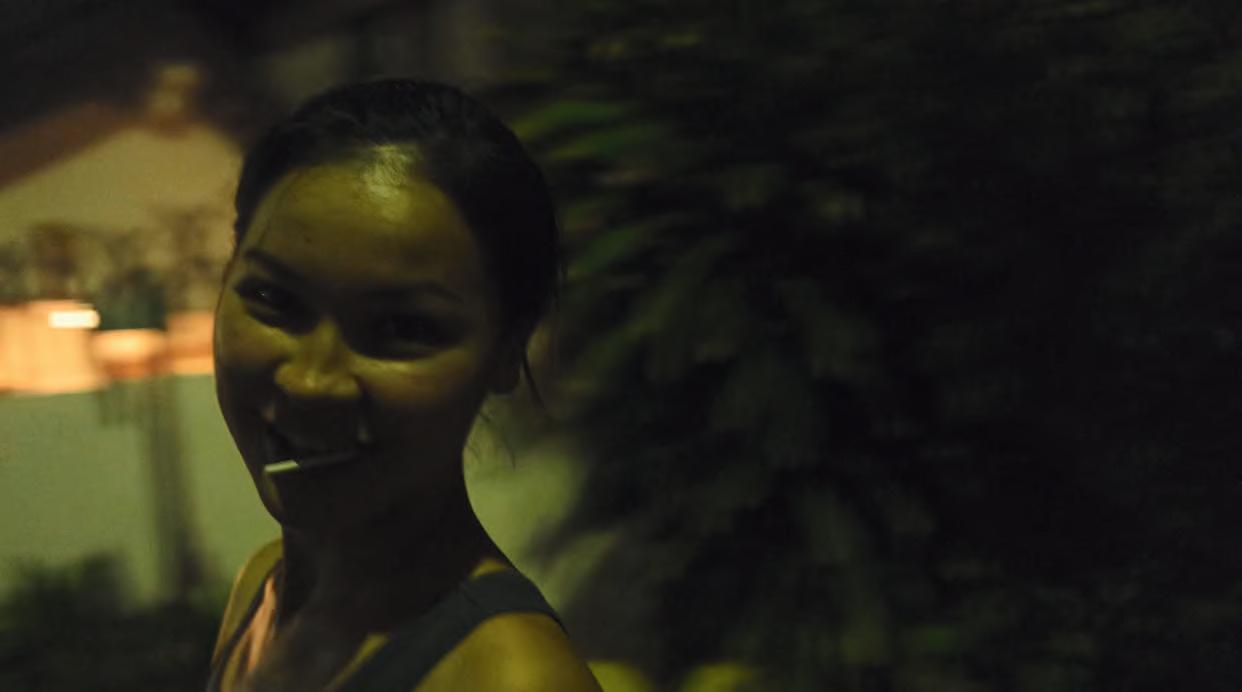

I'm hanging out the back of your friend's pickup truck. Ghostly arms limp toward the hot earth, my body the wrong side up, the sky melts into the static roll of asphalt when I go down, down, down.


We work the same nighttime hours. Dust is dancing in the space. Empty, orange highway. The roaring cold counting my raven hair, beehive taller than Bayok.
Cement powder licked hands on the waist of my babydoll dress. If you let go, I die.
One day, I'll just sing. My pictures will be on every construction boy's wall. We'll both go home up-country in the cold season and throw gold around like tamarind seeds. Sometimes, I put them in a big bowl and take handfuls. Shiny shells that feel like they should be worth something. But they're not.
They're worth nothing, because everyone says so.
Everyone says so. I won't let them say anything about me. I'll be more than you'll let me be.
Who says I'm not the queen mother draped in gold? Hanging over your family's dinner table.
I'm a girl with gills in the murkiness of a jungle waterfall. I've been this way for more than a thousand years.
 by anya somwaiya
by anya somwaiya
So, don't look at me so sordidly. Don't say we've nothing to eat but fishsauce and kanom jeen. The world is empty. Ours completely. Nighttime eternally. Hold or die.


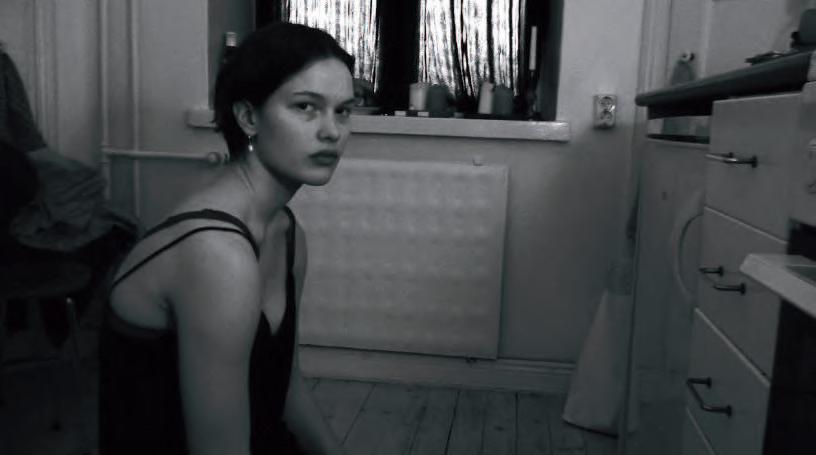
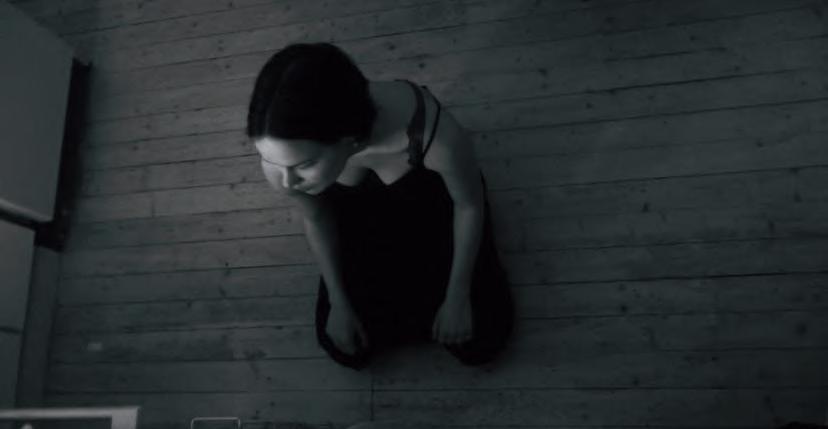
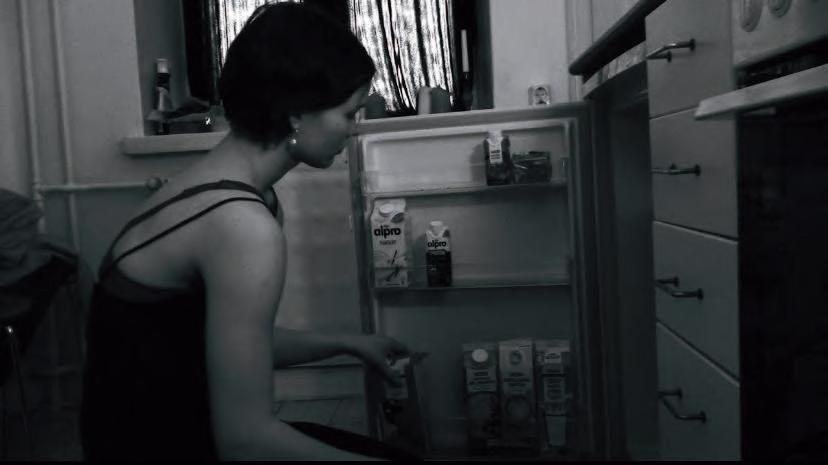
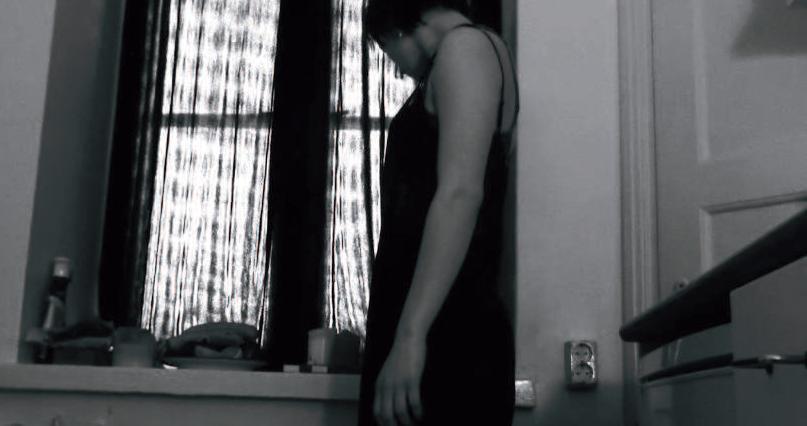
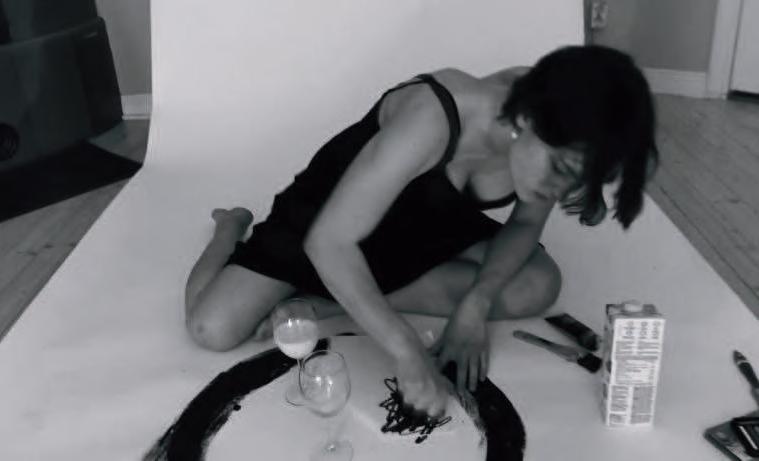

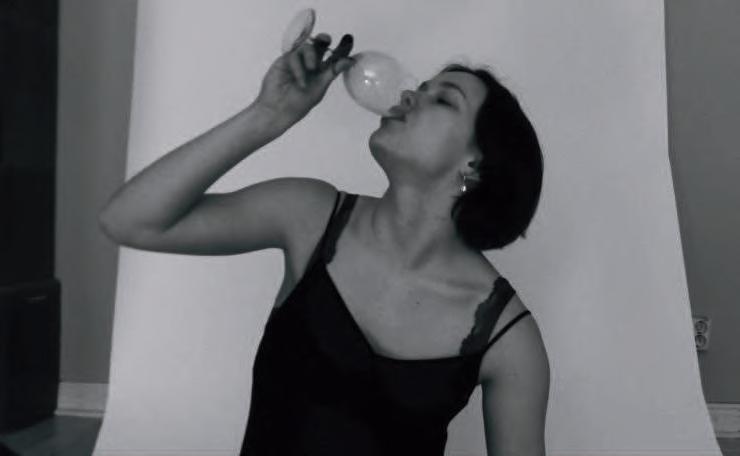
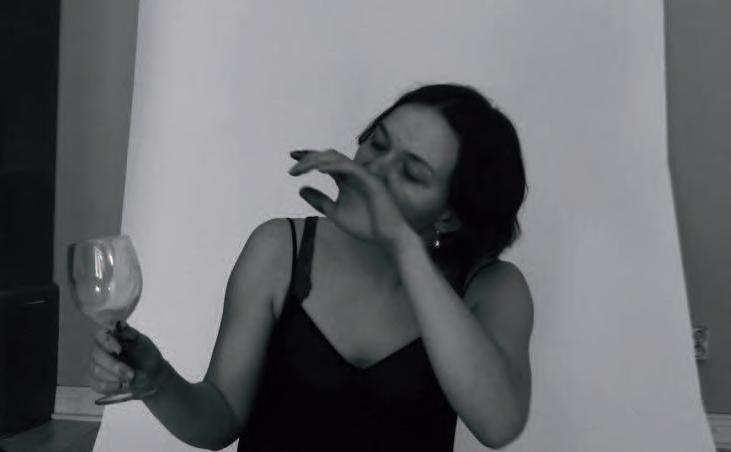
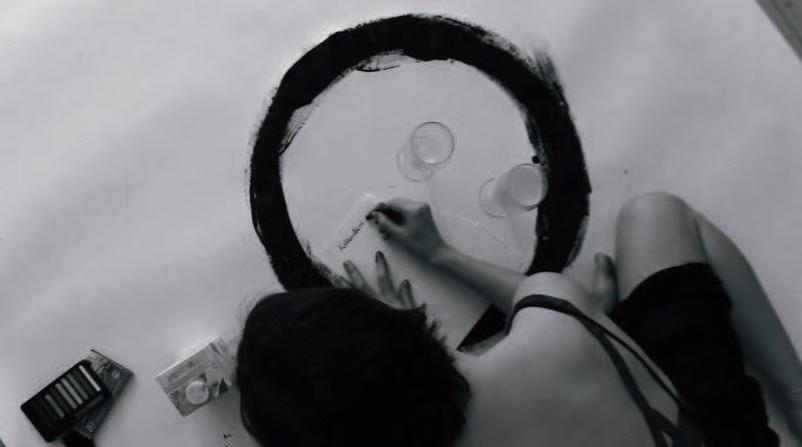
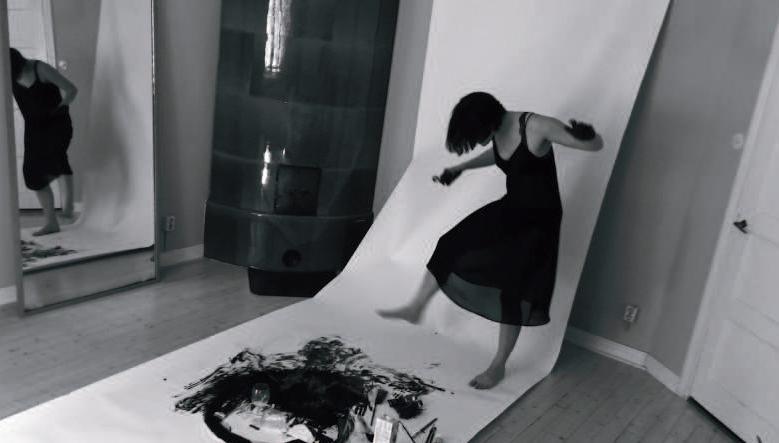
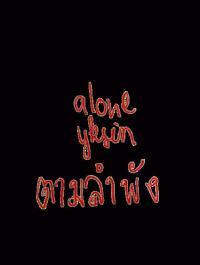
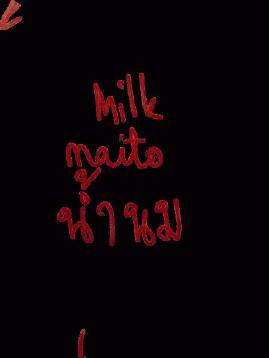
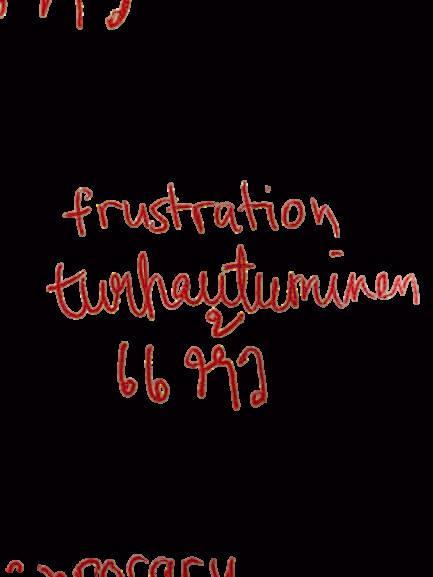
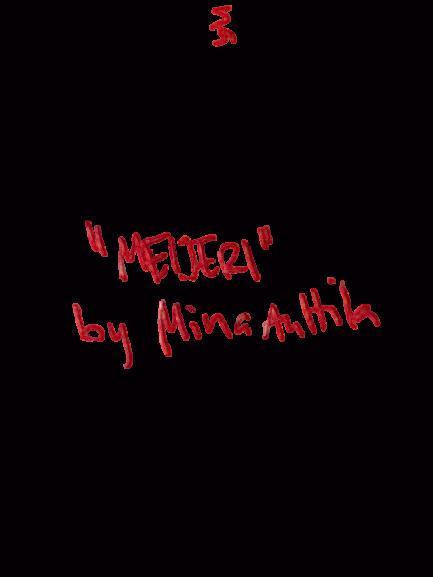
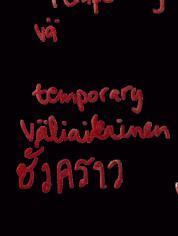
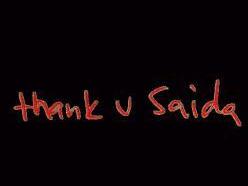
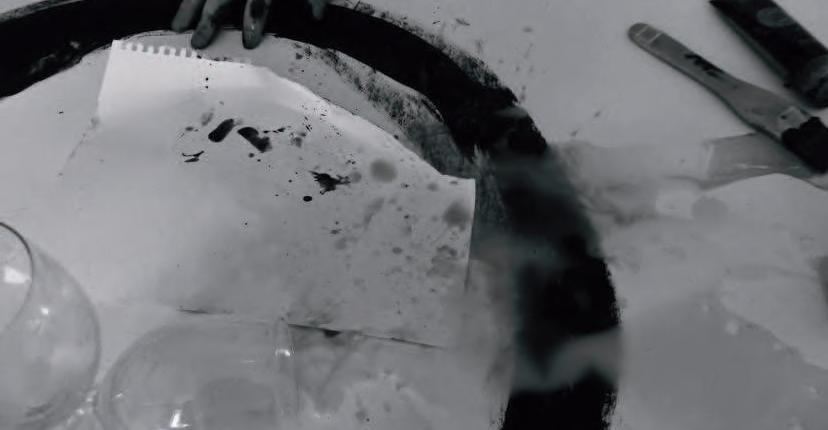
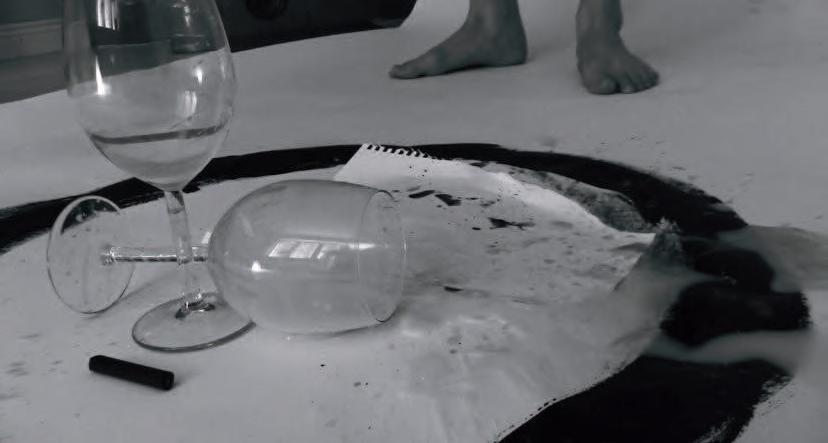
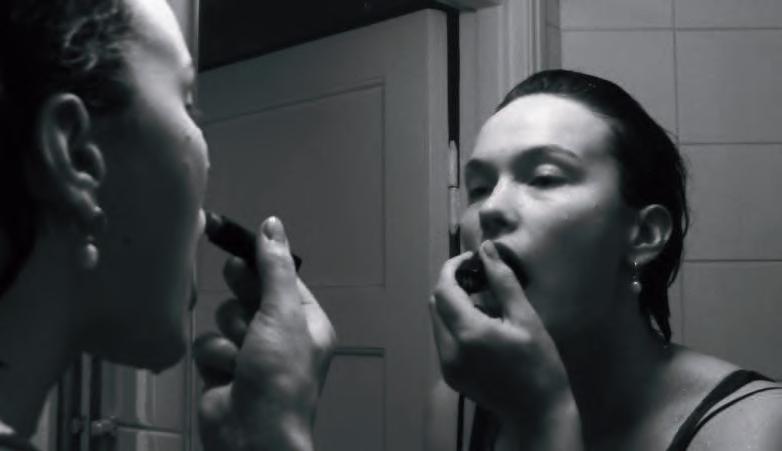
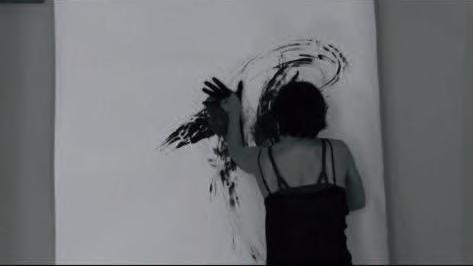

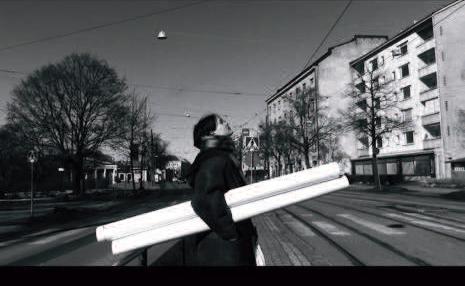
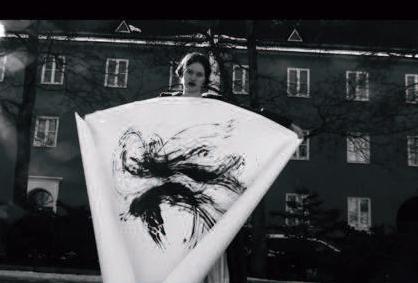

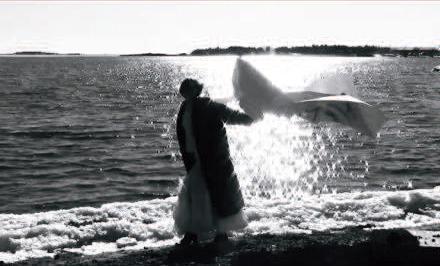

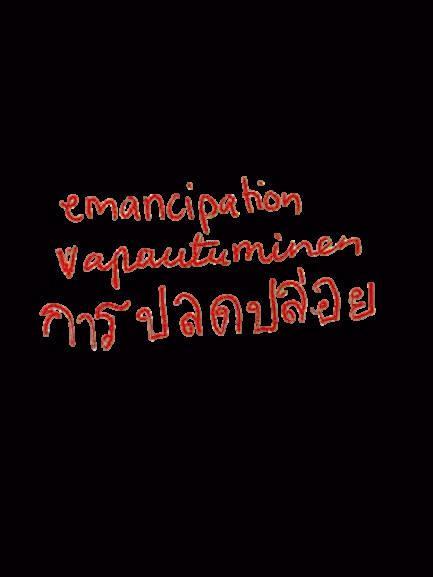
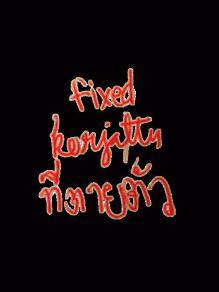
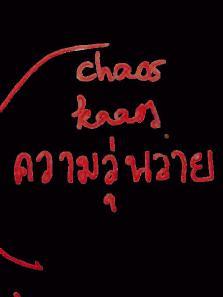
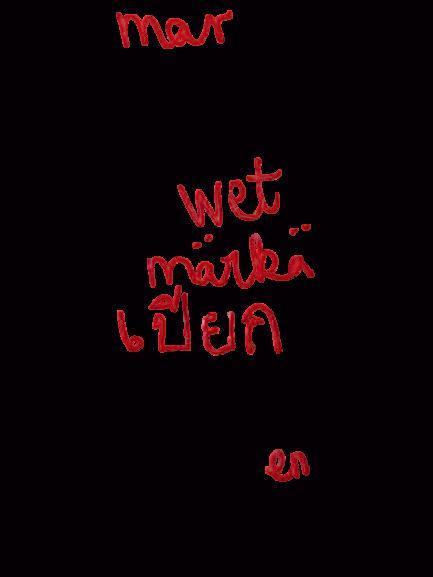
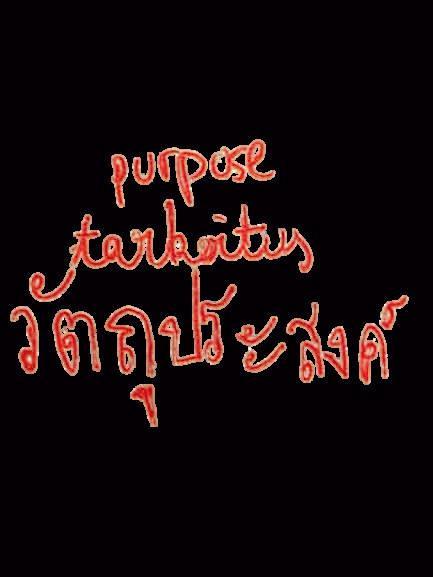
Change is more than a pain-point. No matter where you are living or where you are in history, when you're young, sometimes you feel like you have the whole world to run after. Below are gems from cinema dedicated to the nostalgic, love-struck, vibrant, turbulent, disillusioned and hopeful transitional phase that is adolescence, through the lens of Thai youth.

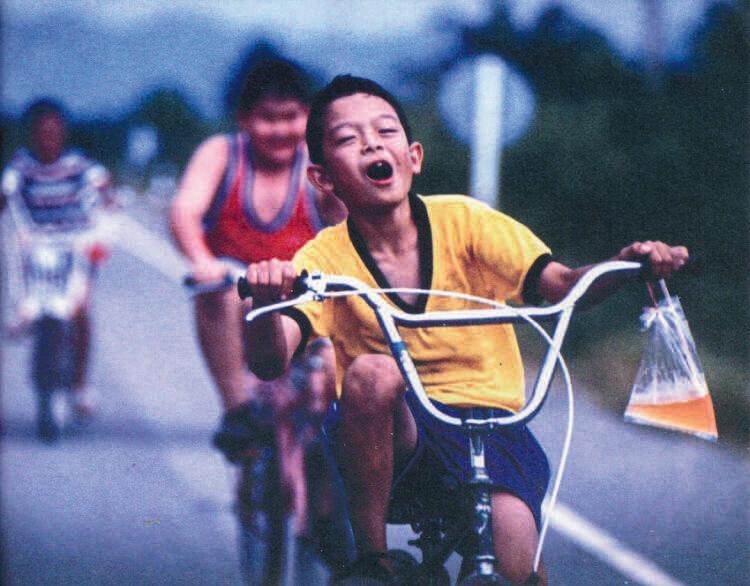
Jeab, receives word that his best friend from childhood, Noi-Naa is to be married. While driving back to his hometown, the memories of his friendship with her come flooding back.
A kind of film you keep coming back to no matter how old you get. Beloved by generations of Thais for its memorable casts and pop culture references to early 80s rural Thailand. 'My girl' is sweetly nostalgic through its portrayal an idyllic age of innocence and bonds of friendship shared between the protagonist and his childhood friends. Not only revolve around the story of childhood, the film highlights common shared human experiences, from reenacting soaps you see on tv to the petty rivalry between girls and boys, somehow this is guaranteed to fill anyone’s heart. A complete classic and a great introduction to the genre.




A failed engineering student from Bangkok gets the unexpected education of a lifetime by working for four years in a remote tin mine in the south of Thailand .
Based on the autobiographical stories of Ajin Panjapan's time working in a mining camp in the Kapong District of Phang Nga Province from 1949 to 1953. Despite discussion of heavy topics, the film does so with tenderness via the beautiful cinematography, which captures a certain charm regardless of the seemingly endless downpours and laborious work. A ‘school of life’ approach to appreciating growth and change, the film brings to the table a lot of heart, a lot of humour and realistic portrayal of a young man's journey.
written by bambi thammongkol my girl (2003) 1. Dir. Vitcha Gojiew, Songyos Sugmakanan, Tharathorn, Witthaya Thongyooyong, Anusorn Trisirikasem and Komgrit Triwimol


The life story of Nat, Pom and Jom who walk and face ordinary life, one with family problems, social problems, love problems and political problems.
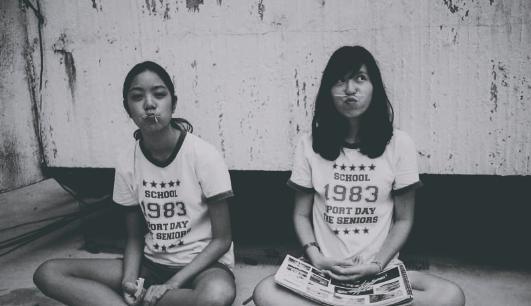
An adaptation from the novel of the same name from the author Prapassorn Sevikul. The film explores aspects of life beyond ourselves, people, environment and the movement around us, with all the themes you've come to expect from a coming-of-age: tackling teenage urges to love, to have a belief set, to resist, to mend the things around us. Creating a larger than life story whilst still being smoothly digestible to family friendly demographics.
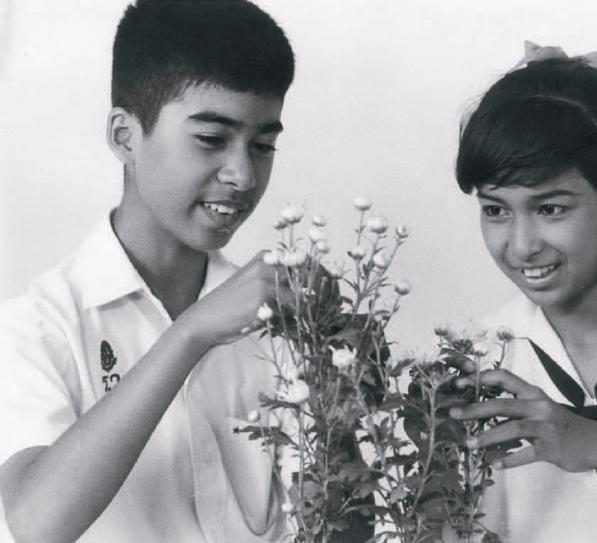
4. Mary is happy, Mary is happy (2014)
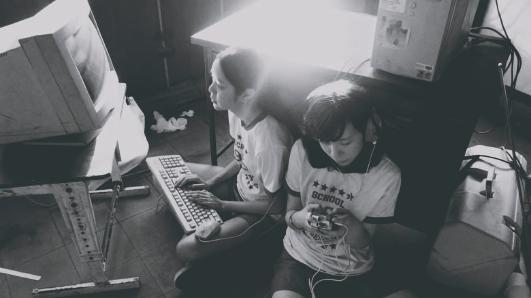
Dir. Nawapol Thamrongrattanarit
A teenage girl's Twitter postings reveal the story of her daily life and her new headmaster's attempt to squash her dream of creating a beautiful yearbook for the school.
Seamlessly combining intimate issues with those of the digital age, 'Mary is happy, Mary is happy' was created from 410 tweets from @marylony, an actual anonymous teenage girl. These tweets chronologically weave through Mary’s Journey as she navigates her senior year, confronting sudden changes and the struggles, confusion and fear of embracing adulthood. The concept is not a shallow gimmick but rather drives the story in a much more creative direction: the contemporary interaction between teens and a constructed online background. A unique and whimsical spin on the genre.
Dir.

Highlights the hardships faced by a boy who works selling popsicles at and later forced by economic circumstance to smuggle rice across the Thai-Malaysian border.
An odyssey of adventures embarked on both the metaphorical and literal train Huyan gets on as the film follows the thought of what it means to be good. The protagonist's internal ideas are challenged by the difficulty of his circumstances (political and economic); perhaps the name 'Butterfly and Flowers' reflects too optimistically. Nonetheless, within the journeys Huyan takes between the Thai-Malaysian border lays the beautiful scene of southern Thailand and the camaraderie built in the community through social and political hardships. A bittersweet and humane view on the coming-of-age experience and insight into a very difficult region in modern day Thailand, fraught with violent religious conflict between muslim and buddhist Thais.
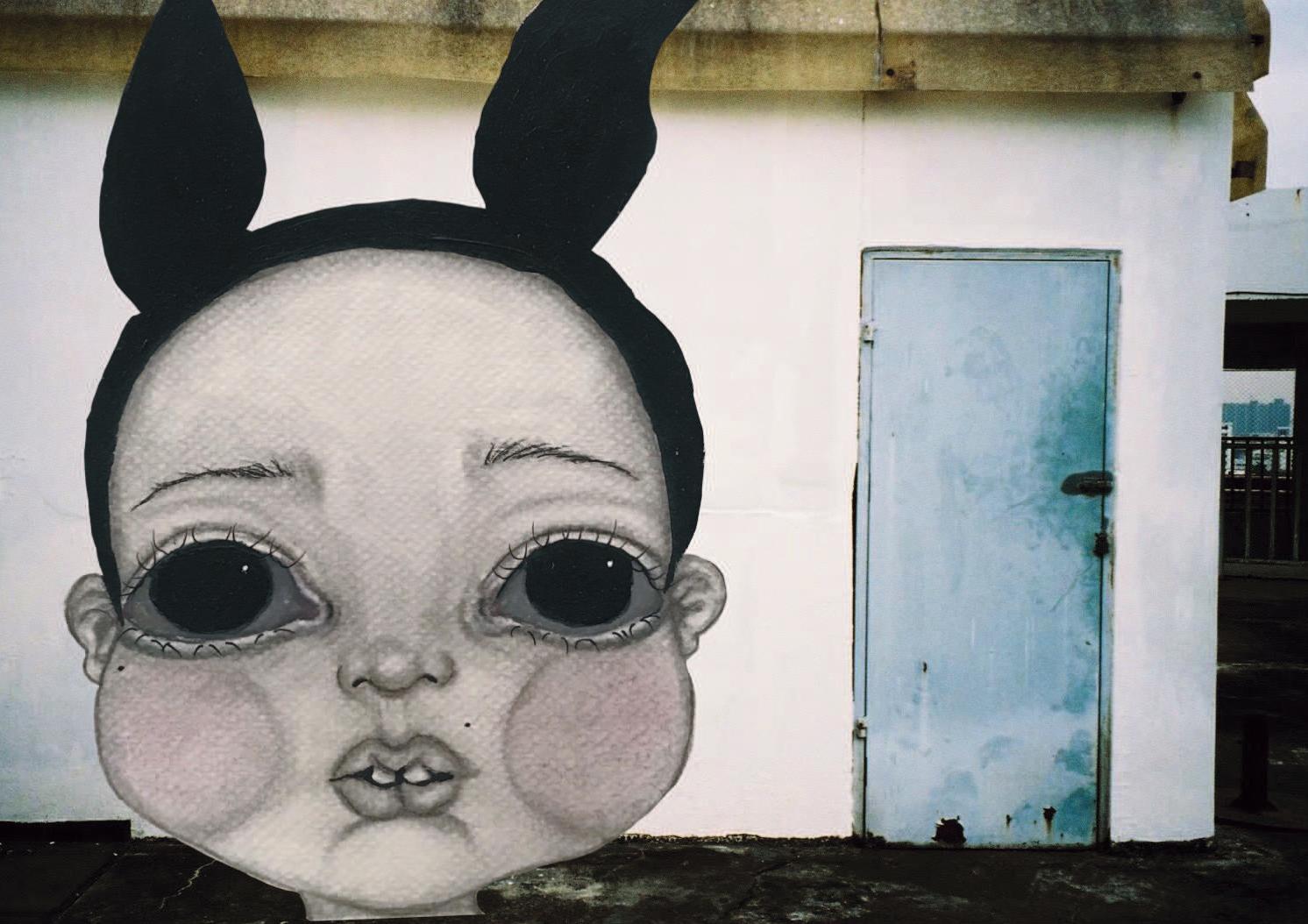
 artwork by cleo nicholson
artwork by cleo nicholson
Lately, I've been having fever dreams. I’m not a person who has fever dreams; delirious or flappable, in any sense, but I was a sickly child. Not a great start to the summer when the world's splitting in two outside my bedroom window. Just beyond the canal. Falling apart in the streets and inside my television box. College kids protesting and white men prowling the red-lit alleys. I'm not a part of the world. At the peak of my life, and completely estranged. Like, whenever there’s a protest to go to no one ever thinks to tell me.
I’m thumbing my buddha amulet when I come to. My eyes fix on my feet. What I thought was the earth muttering to me in a haze was just the shudder of the brass standing fan in the corner of our bedroom. It’s our bedroom, because not too long ago, we were here together. Sleeping afternoons away in this room above my uncle’s furniture shop. The geckos up in the teak paneled ceiling blink their tapioca eyes to say they sense the change.
My head is so hot, I can’t remember anything about your face. I can’t remember anyone’s face, not the kids from high school that I’d known all my life who I promised I’d call, but now it’s over forever and they all seem so far away. We were going to all go to the beach and drink shitty beer. Our whole class, minus the lesbians. I love them but fuck them all. Especially the ones that are going to university after this miserable hot season is over. The worst part of working here at my uncle’s isn’t even the work, or my uncle, or anything, but that they all know this is all that I am. Miu, Thai-Chinese, second daughter, a known-known, shopkeeper or some other superficial thing until my ama can pawn me off to a slightly more enterprising Thai Chinese family. “I’ve known Miu since she was born”, says everyone.
“We expected that of her.”
There have been boys who have wanted to marry me. The ones from school. They'd make me so sick I'd think I had stomach ulcers. I hate all their mothers; I hate the frail, hungry kid that them competing with their commune of relatives makes them. The fucking enterprising. Maybe I have some internalised ill-will from all the things that the students say about us being 'bourgeoisie'. You'll hear that, but go to the other side and you'll hear the junta saying we're CCP plants. There's a whole Chinese Question. There's American propaganda about the Tai race puttering on down from China. Something about the Chinese oppressing Tais 300 million billion years ago and how if we let Mr. Nixon build his airbases in the Northeast we can show them how we got ours. I wish I could believe something. It’s so fun to pick sides.


In turn, there has only been one boy who I wanted back like that, but I’ve gone and made myself blue again. I take a drink of warm water with my legs over the bed and picture the Mekong flowing into Laos, then Vietnam. I picture her flowing softly for him. There are eyes in the jungle trees, but they hear my whispering carried on the languid June air. I’m asking you to be merciful. No, because he didn’t choose it for the wrong reasons. A mercenary for the money. Who wouldn’t want four times the wage you could get by ignoring the war and living your life like normal? Nothing is normal. Why are we still pretending?
My aunties always thought he was a bum though. A native, dark-skinned, motorcycle taxi bum, and they probably wish he’d die so he’d never come throw rocks at my window again. They preferred this boy whose family was in the ice business. That is, supplying ice. Nat knew how to live. He was also a musician, and he’d play guitar for this pretty Cambodian girl with her silky, ink black hair done up in a beehive at this bar near Yaowarat. Lots of Thai kids in there, and some Americans on their 'rest and recreation' too. I really hope he doesn’t die. I wouldn’t want him to come back to me as an obsessed ghost. A violent death usually creates some spiritual hang-ups. Obsessed men are easy to stave off, but you have to deploy the monks to get rid of the dead ones.

I put my white skirt on again and comb my hair back in the mirror in time for my shift. The water tank must be boiling in the sun because the faucet doesn’t run cooler than my sweat. The flush in my face runs down over my collarbones and teases a rash across my chest. I shut the door behind me. The stuffy darkness lining the staircase to the showroom eats me and spits me out under the fluorescents on the shop floor.
The next hour or three pass me by unwaveringly. I end up with my head on the glass counter like usual, shop fan shuddering on swing. The place is creepy, but I get around that by not walking the aisles. We’re selling antiques. Real antiques with real dead people living in them. I don’t know what got into my uncle when he came up with this place. Nobody wants dead people things. You don’t know what kind of fucked up lives they lived. And now that my uncle has all their bad energy, he’s completely sealed the deal on being the family fuck-up too.
But the shop bell rings sharply through the neon drawl. When I look up, I feel something in me stop for a second. I pinch my nose, blink, and blink again.
“Afternoon.” this white guy says.
I only see them near hotels and brothels. Maybe sometimes buying heroin from taxi drivers. No, that’s only the kids, bored sons and daughters of American army officers, and he looked older. I usually understand situations quite well in my own way, but I couldn’t quite piece together a story about him in 3 seconds. White, overcast afternoon sunlight marries the sickly blue fluorescent shine, and mosquitos buzz in and out through the door left ajar. His hair was so yellow, I could see through it to the other side at the very top and tips where the sun hit.
But the directions, far
“Why are you here?” I'm think maybe he'll ask for directions, but where is his driver? He's dressed far too office-like to not be busked around by an embassy-paid driver.
“Is this not a furniture shop?” He let the glass door shut and came very close to me at the counter, hands in his pockets and squinty eyes investigating me like we hadn’t paid our protection money yet this month. Was he trying to get at this funny tax thing uncle does that he tells me not to tell anyone? I felt like we were in trouble. I peered feverishly at the clock on the wall. I was truly in the no-man’s land of my shift.
I felt like we were in trouble. I peered feverishly at the clock on the wall. I was truly in the no-man’s in

I thought about how they have panic buttons in banks to signal when robbers come. My English is better than a lot of peoples, because I’m somewhat of a connoisseur when it comes to western films and music and all that, but I can't feel my feet now.
“I wanna look at some furniture.”

Silently, I gestured behind him. Permission to look is a bit much. I actually don’t really begin conversations with people when I don’t know how they’ll end. I don’t do it intentionally, rather I can’t get away from people who are all the same, and they can’t get away from me. Not much has surprised me since I learned how to ride a bike. That rush-feeling. I can’t remember the last time I cried. No, on the 20th anniversary of Rama, the 8th’s death I remember hollering through tears, I was crying so hard, but I still can’t even recall why. I think it might’ve been the mass hysteria of it all. Everyone in the room screaming.
I sort of went away and let his outline blur against the mauvish-browns, let the shuddering shop fan soothe his mutterings. He’s saying something he thinks deserves a girlish giggle, maybe. Sometimes when you don’t see the joke, you can tell it was meant to be funny by the way people look at you. The suffocating, expectant eyes. Or if they think themselves comedians sometimes, after a pause, with an affected apathy.
"I wanna get something um, deep and symbolic for my mom. What's this one mean?”
My eyes danced around the room while I did my penitentiary shuffle over to mommy's boy in the vice grip of his stare. “That’s a couch.”
“What’s the carving symbolize? What’s this symbol here mean in Chinese, or whatever?”
“Something like, love and relaxation.” I bullshitted.
He put his hands on his hips and surveyed the horizon, where the furniture stopped, and the drywall was white in the long distance. “Yeah... some bigshot at the embassy got stuff from here and now my dad wants something too, for dinner parties. Shows the edge of a cabinet.

“So, you..."
“Skipping school.”
He looks old to me, and I’m no hedonist, but if I s shopping. International school kid; he should have
“You don’t know anyone in Bangkok?”
“No one wanted to skip. Hey, how come your English I shrug. I like to pretend it all just fell down on “What’s your name?” His finger stopped. “Miu.”
“Jim.”
We looked at each other, and our faces felt very cl It beat having to explain hinges and knobs and whol really didn’t know what he would say after the next
Over cereal we were talking about Nixon again. Man, summer, I’ve been taller than him, so he’s been lay that other political prostration shit. He doesn’t g don’t fuck with them the way I did my buddies back that I would do. I don't have any of those things h life. At least I got that motorbike to tear up the wish Jake and Seb were here with me. Nothing’s as f

So, when I skipped class today, I just paid my driv dump me off in Chinatown instead. I phoned Margot’s her hot mom, but from the way she said ‘Margot’s at to get her to start saying ‘No’ to me. I’m not fuss me back in, but I sort of needed someone to day dri I was strolling in the morning glare when I shuffle beat road was this glass storefront. I lit a cigare something about one-upping his embassy buddy the ot just stand around and talk about things we think so embassy issued houses and penthouses and chew the f like performing. My parents’ friends like me more t suit looking them in the eye, makes them feel like the world’s not gone by them yet.
Anyways, daddy was self-flagellating in the kitchen the other day, saying “Well, why is it that Wiseman gets this rep at the embassy for throwing a good party? Why can’t we have nice, cultured, oriental furniture, Katherine? His wife goes to Chinatown. She picks it out at Chinatown. Come on, Kat What the hell do you do all day?”
I’m smiling to myself and my dart is burning down to my fingers. I throw it down and crush it under my heel before I cross the street and push inside the store. There’s this Thai chick napping at the register. Glancing out, dust is dancing in the space, and no one’s around. The world is empty, and she wakes up and looks at me. This old fan blows her inky hair out of her tan visage, and 'hey' catches in my lungs
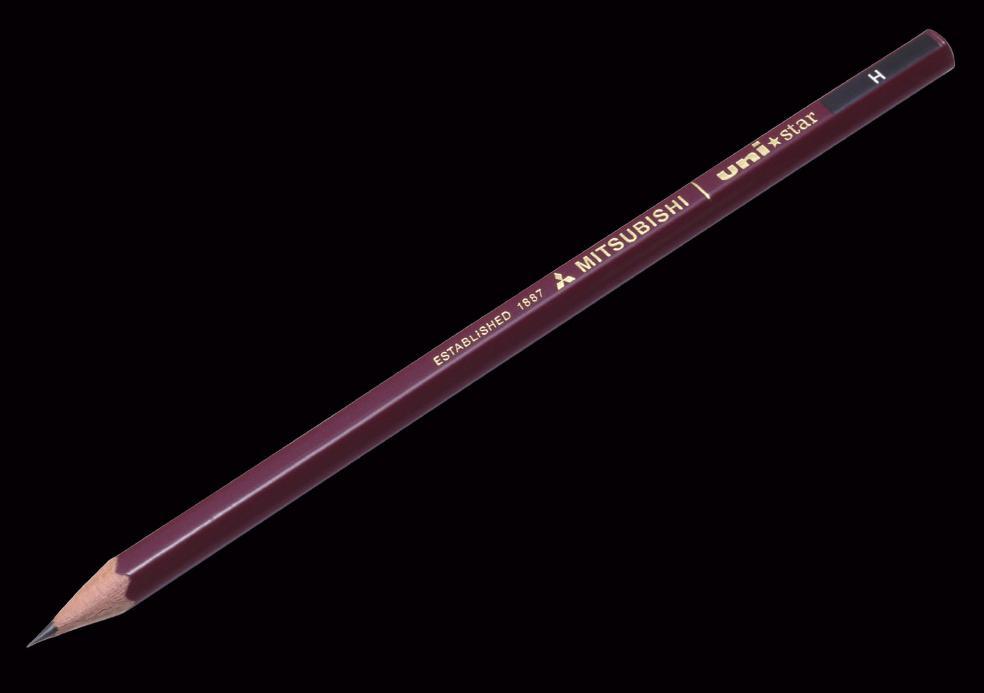
I barely remember the words, but what's burned in is how it felt to just say something to someone I didn’t know again. Her english was bizarre good. Hanging over everything were these sad, black, malingering eyes, and I got kind of lost standing there in the void wondering what she was thinking about me. You look in the eyes of so many Thai people and not feel bothered about whether they're really there. Why would you be, when we're not even on the same planet? Not a word we can say to each other after "Hello". What's the point? She talked to me like she hated me a little, and I really liked her more than I’ve ever liked a Thai. She just seemed completely like a real person.
I’m thinking about her in bed right now. I’m trying to give myself a paper cut on her uncle’s business card. She knows I don't have the money and that I'm not buying shit. When I got home mom tried to beat my ass for missing school, but all she could do was scream about how “Your dad has enough to worry about as is, Jim.” And cry herself down over the oven for so long I could picture her as Sylvia Plath. She gives me hell all the time. Hot, burning tides all the time.




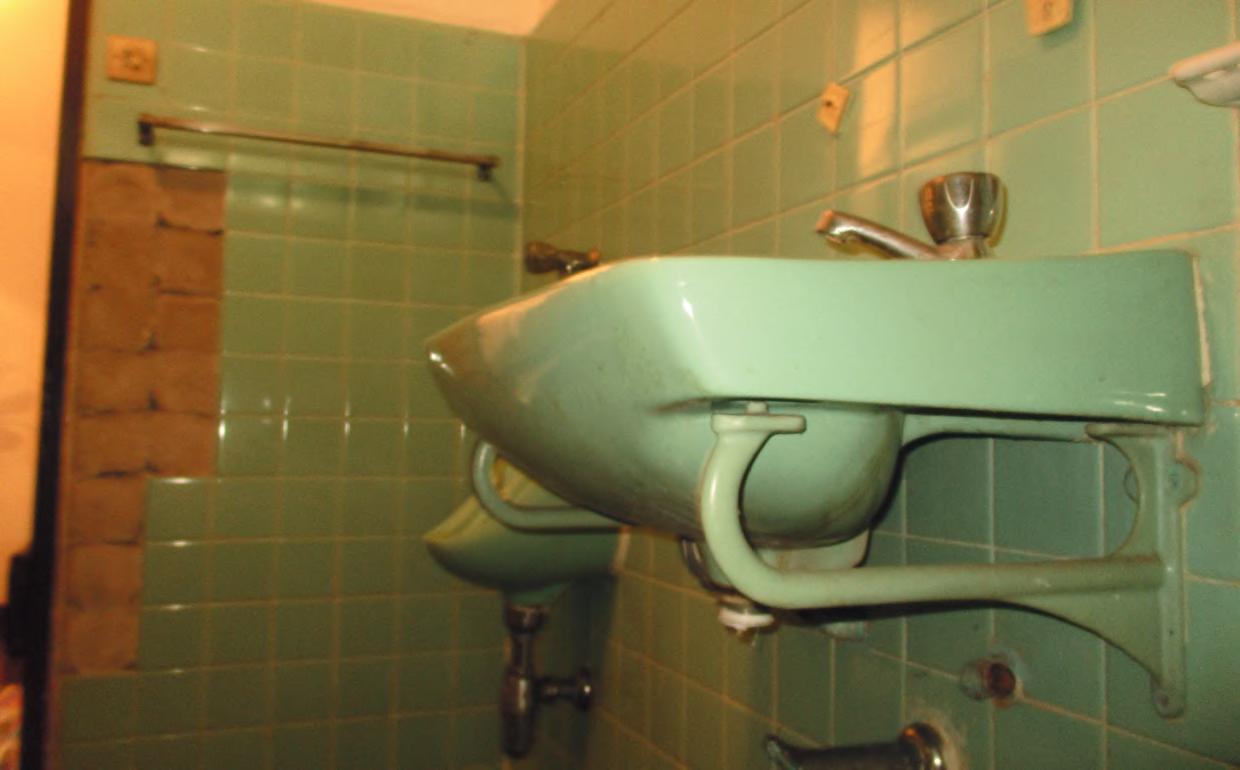
Wednesday night. Oppressive edge-of-rainy-season season fuzz, but no monsoon, just thunderstorms without rain threatening the end of the world. A gecko clicks in the corner of my blue room. There is so much static in heaven. I climb out onto the fire escape in my boxers. My parents’ window is open, and an orange light is cutting the humid blue dark. I don’t want to hear anything they’re saying. The city moans and cars hush past for a moment more before I put on my headset and start a tape. Chet Baker, because I’m kind of a special guy like that. Not everyone’s so sentimental, I know. I can’t help myself. The balmy air is sticking to my legs. I try to think about something, but there’s nothing to think about. Idleness, essays, teachers and what they think about me, girls and what they think about me. That’s really all there is to anything. Doesn't change wherever you take yourself. The tropics stopped feeling like vacation when I realized I was stuck with the same fifty people. We're like freerange chickens to the slaughter. A city is so small when you can't go see a fucking ball game. So, I’m thinking about this girl to pass some time.
More and more, it makes sense why every other embassy wife is dope sick.

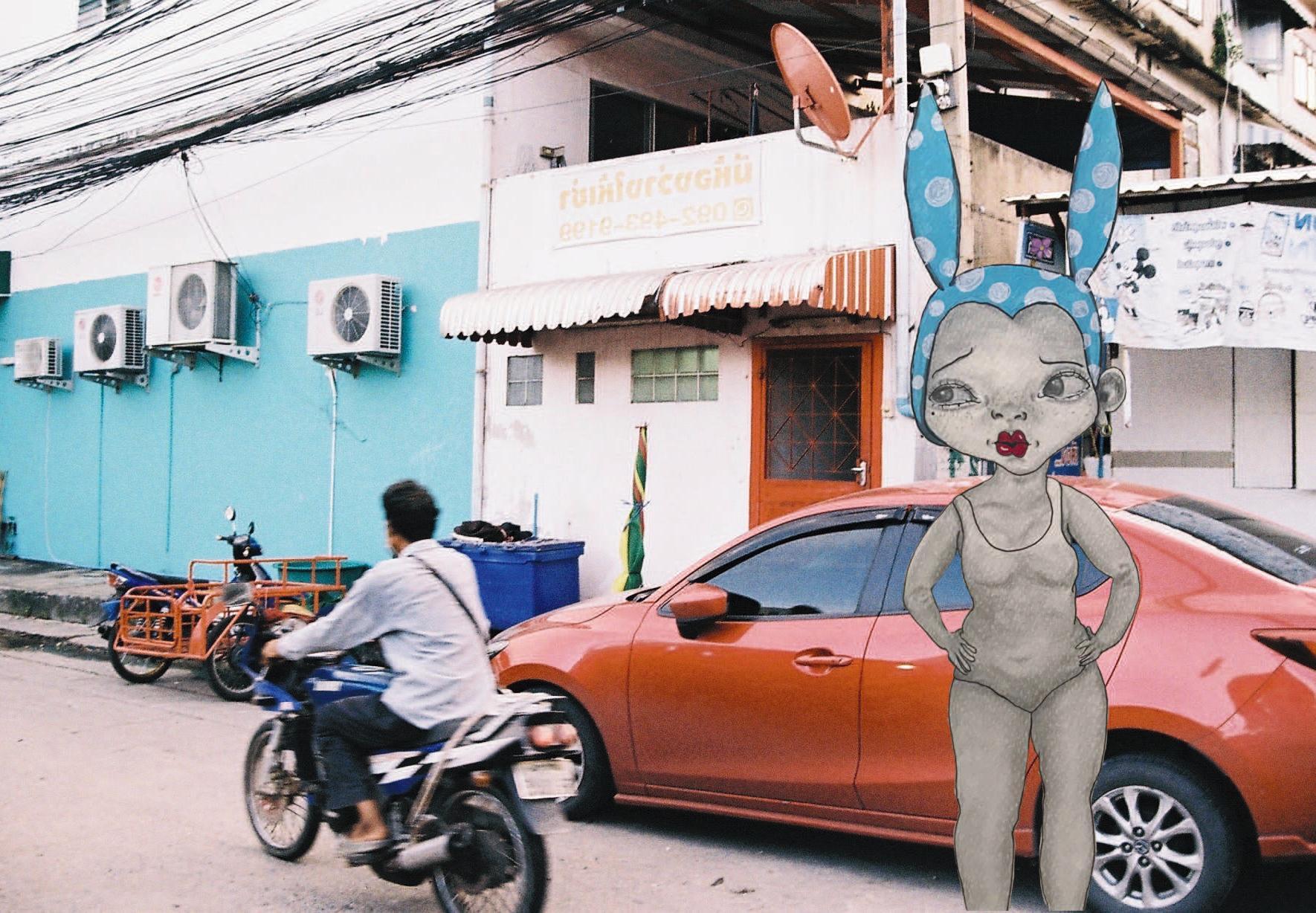
 artwork by cleo nicholson
artwork by cleo nicholson
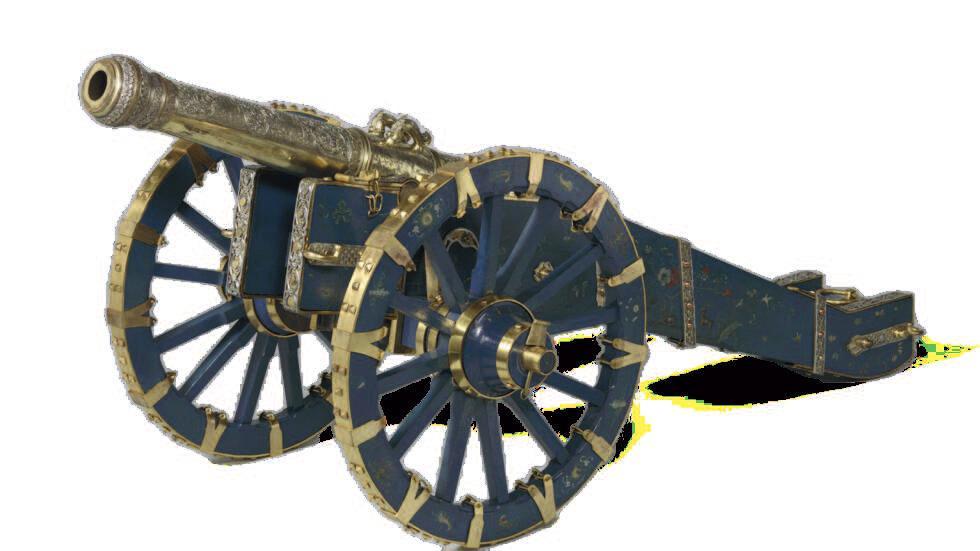 written by jake roiter
written by jake roiter
"A day will come when a cannon will be exhibited in museums, just as instruments of torture are now, and the people will be astonished that such a thing could have been” - Victor Hugo
Oftentimes, conversation surrounding colonialism revolves around its finality, often referred to in the past-tense. However, some may say it is an ongoing peril of western hegemony under a cloak of diplomatic relations. Although this claim is contestable in the realm of international relations, what is not contestable is the extant remnants of colonialism, and more specifically, the stolen artifacts across museums across Europe, purloined often through hostile means. However, in a decision which will certainly be cemented in history, the Rijksmuseum in Amsterdam will send hundreds of looted artifacts to Sri Lanka and Indonesia. One of these artifacts includes the ‘Cannon of Kandy.’ One may view this cannon through the lens of each passing era. First embodying the might and opulence of Kandyan Empire, then the exotification of the ‘Orient’ in display as a trophy of Dutch imperial hegemony, and finally, a precedent for colonial powers as a whole in an effort to offer reparations. One may hope that the repatriation of artifacts, such as the Cannon of Kandy, works as a harbinger of stability to a Sri Lanka in crisis, in the shadow of the once prosperous kingdom of Kandy.

Kandy was revered during its time as a strong and wealthy empire, resisting incursions from Kingdoms throughout India, as well as its neighbor Kotte, although eventually falling to colonial influence under the guise of trade and bilateral relations. The commencement of Dutch influence on the island of Sri Lanka can be largely dated to the Treaty of 1638 whereby the empire agreed to aid Kandy in deterring Portuguese rule, which was largely oppressive. However, the Dutch themselves had succeeded the Portuguese with authoritative rule - akin to that of the Portuguese. Thus, in 1761, King Kirthi Sri Rasingha ordered the attack on Dutch forts and garrisons, namely at Matara. The success and weakening of Dutch troops had shocked colonial armies across the Indian subcontinent. In 1762, with fear of Dutch retaliation, the King had conversed with John Pybus, the English governor of Fort St George in Madras for military assistance. The English themselves were keen to disrupt the Dutch East India Company in prospect of monopolizing the cinnamon trade, and thus agreed to help. Despite this, the Dutch retaliation in 1765 had caused significant casualties for both the Kandyans and the English. In 1766, the Kandyans were forced to sign a treaty, conceding coastal lands to the Dutch. Furthermore, the governor of Nederlands-Ceylon at the time, Lubbert Jan baron van Eck, had ordered troops from the Dutch East India Company to raid any valuables in sight during the temporary conquering of the Kingdom. One item seized during the raid was the aforementioned ‘Cannon of Kandy’ which was presented to William V, Prince of Orange, who stored it in the Royal Cabinet of Rarities in The Hague. In 1875, it was given to the Rijksmuseum, and remains there to this day.
A marvel emulating Sri Lankan prosperity, the Cannon of Kandy was a ceremonial 18th century weapon constructed with bronze, silver and gold and adorned with rubies. To flourish, the barrel is decorated with a sun, a half-moon and a Sinhalese lion. (RIJKSMUSEUM)
The victory of the Dutch signified a gradual dissolution of the Kandyan’s prosperous empire. Colonialism effectively drained lands of natural resources, wealth and emblems of culture. Many countries, entranced by the prospect of trade and thus ensuing economic benefits, fell into the clutches of European hegemony; powers who used euphemisms of “East India Company,” for a network of colonial forces and armies, and “trading posts” for forts and garrisons. As a consequence of a Kandyan effort to assert their independence as a sovereign kingdom, retaliation surged with the determination to maintain Dutch influence on trade. For approximately 400 years, Sri Lanka has been ruled by some colonial force - from the Portuguese, to the Dutch, to the British.
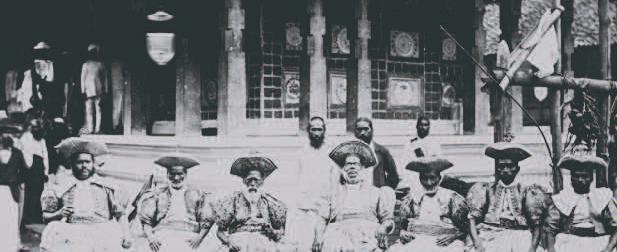

The repatriation of the Cannon along with 478 colonial artifacts to both Sri Lanka and Indonesia has its origins in a 2022 Dutch committee meeting for the restitution of artifacts in state-owned museums. Along with the ‘Cannon of Kandy,’ the ‘Lombok Treasure,’ composed of 335 items looted from Lombok, Indonesia as well as the ‘Pita Maha collection’ from Bali, will be repatriated with Indonesia.

Controversy over stolen artifacts has sprung in recent times, with condemnation for the display of these artifacts in captivity. This is partly because flaunting these artifacts had once intended to exhibit the power and extent of European empires to the common viewer. As aforementioned, the ‘Cannon of Kandy,’ acted as a trophy for the success in deterring the Kandyan-threat in their effort to end Dutch influence in Sri Lanka. And it is this grandiosity that fuels nationalism, coaxing people of a nation to view colonialism as beneficial, that deems the custody of these artifacts corrosive. In order to end the romanticization of colonialism, former empires cede looted treasures back to where they originated. Thus, the Rijksmuseum’s decision to return these looted artifacts denotes the detachment of pride from colonialism, and furthermore, takes the form of reparations whereby the Dutch take accountability for their colonial history. However, whether this example of restitution of stolen artifacts will become a followed precedent is contestable. For example, the British Museum still harbors approximately 8-million stolen artifacts from around the world. This includes the Parthenon Sculptures to which the Greek government has been requesting repatriation for decades. In response to claims such as these, the British Museum cites the Museum Act of 1963, which prohibits the repatriation of works to their former countries.
The Cannon of Kandy, once revered in the west for its ‘splendidness’ through lens of exotification, and a vector displaying the might and sheer length of the Dutch Empire, now signifies a turning point. The status-quo is shifting in the west. Post-colonial powers are no longer seen through the myopic scope of ‘third-world,’ and are reclaiming their culture and history. The fuse ignited by the Rijksmuseum’s historical decision launches us into the future, gunpowder and smoke dispersing throughout the globe, in precedent. The cannon will not suffer any other sound to be heard for miles and for years around it. (Ralph
Waldo Emmerson)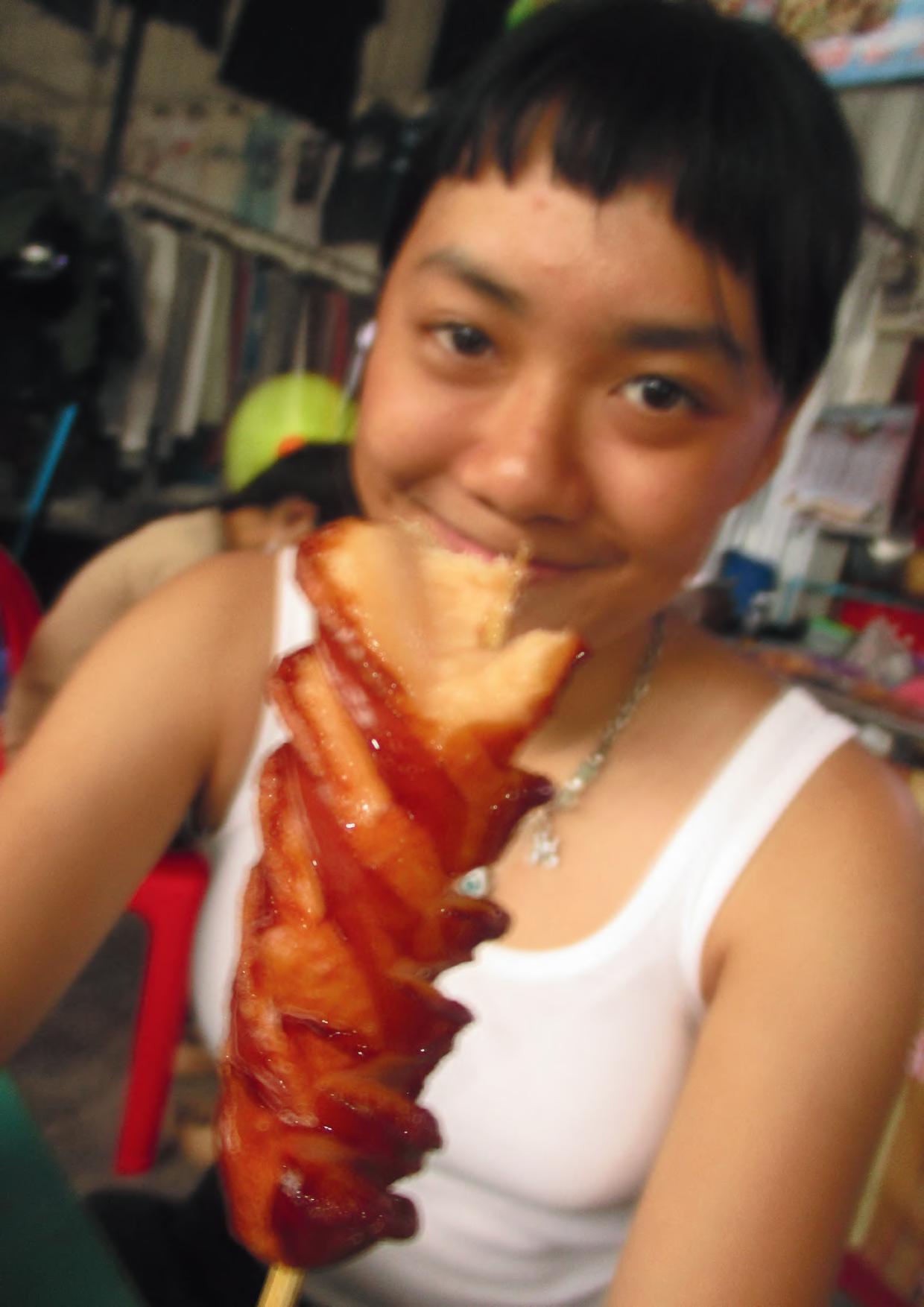

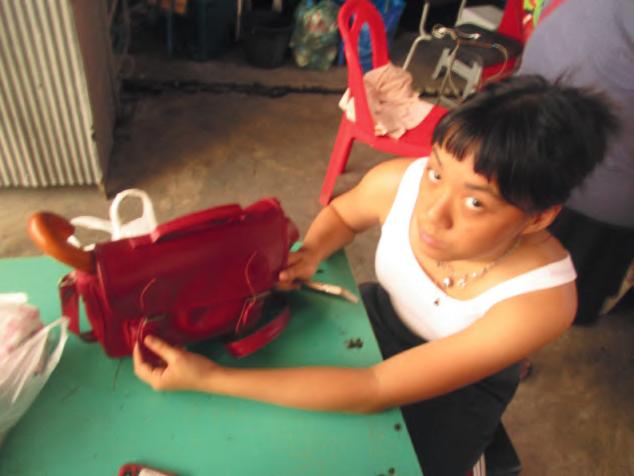

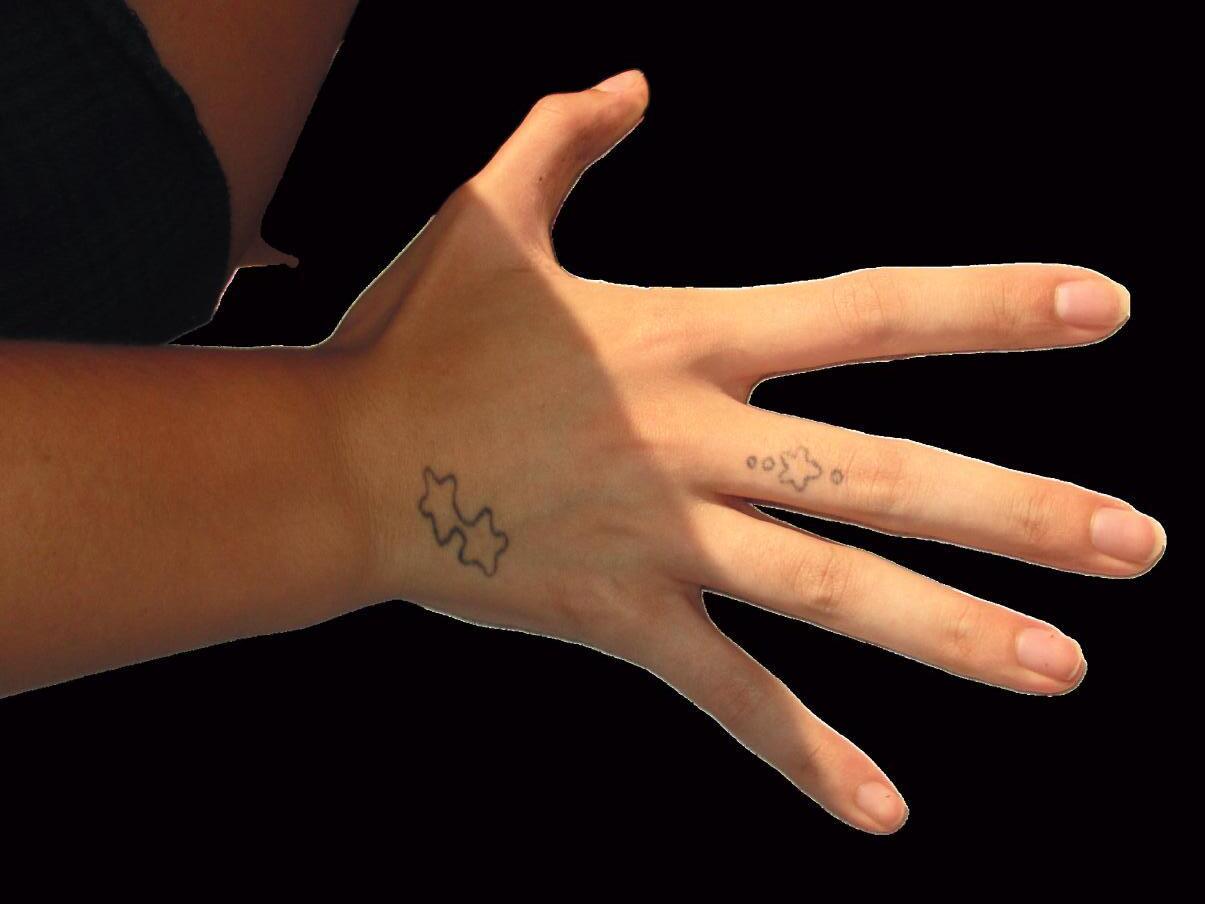
i scramble for ink and paper.

lost words in the mind, my static legs, a bubbling beat don’t say the same line, it’s all i ever hear from you i want to hear more from you... about things that matter to us frustrated at you because im frustrated at me. my static legs. no stencil in the air for my body to fill so i jump into clear blue waters. jump after me, i want to swim with you… above the corals where the sea is soft mooncake, big breasts, i fill my mouth because it comforts me i use my sister’s expensive hand lotion, in hopes that one day, when you hold my hands they’ll be soft, and you’d want to hold them…
i believe this song is called “love theme”, oh no that’s the other one... this one’s lighter, sweeter. i wonder what it’s called i went ahead and checked— it’s called “after the quake” & i wonder what that means. sex? after sex? well that’s kinda sweet
wish you could hear it

maybe next time
 written by mariana serrano photo by anya somwaiya
written by mariana serrano photo by anya somwaiya
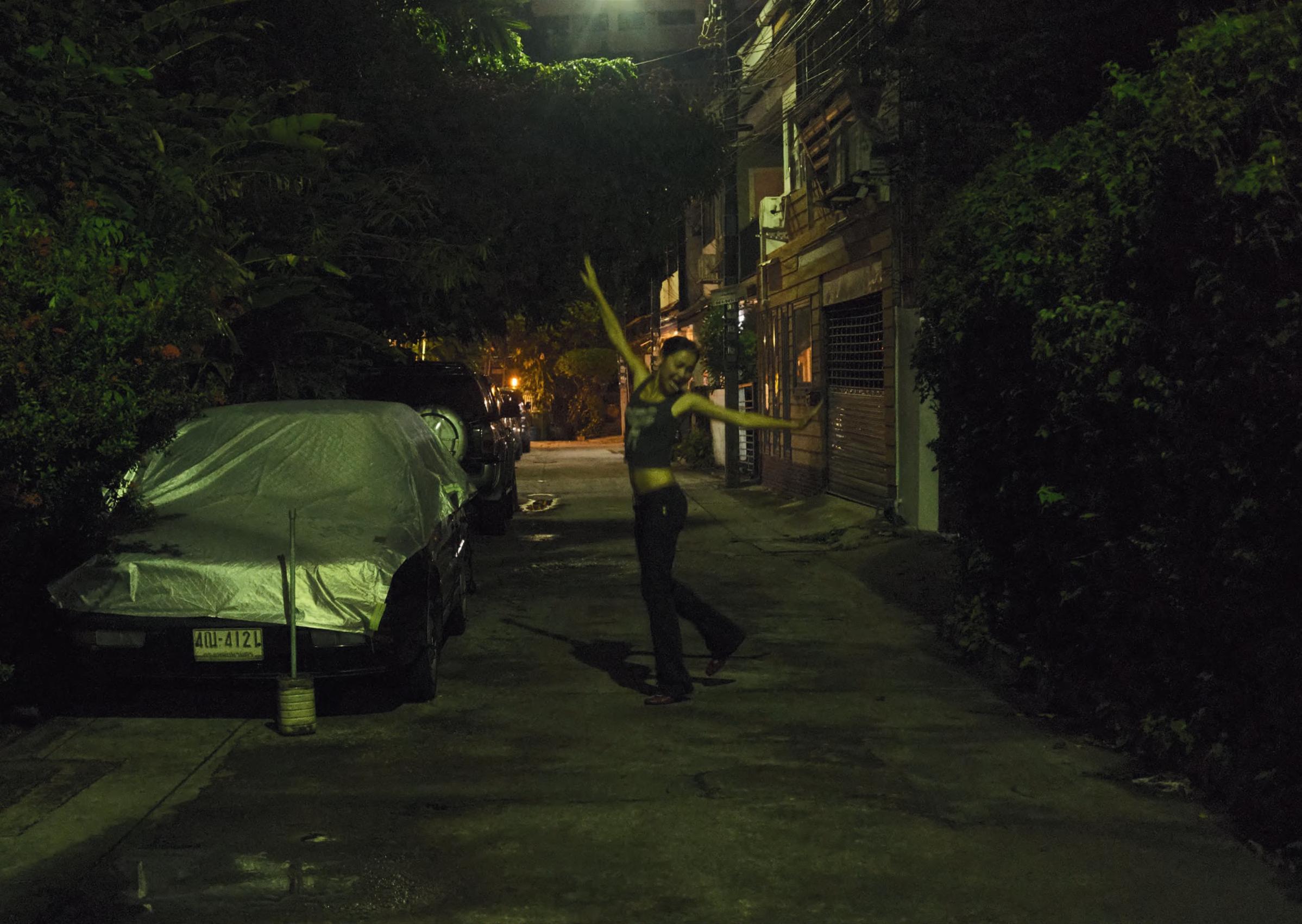
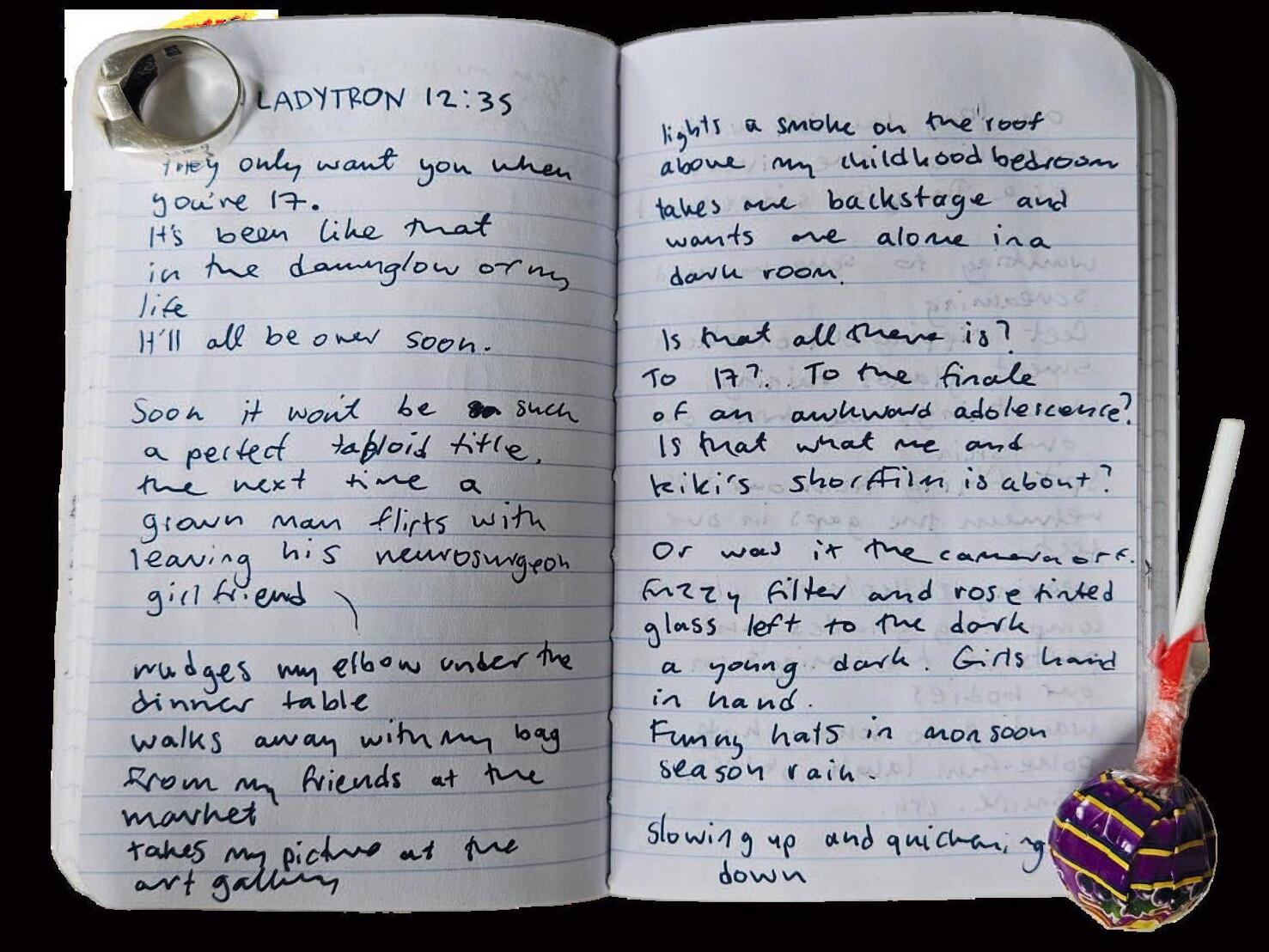
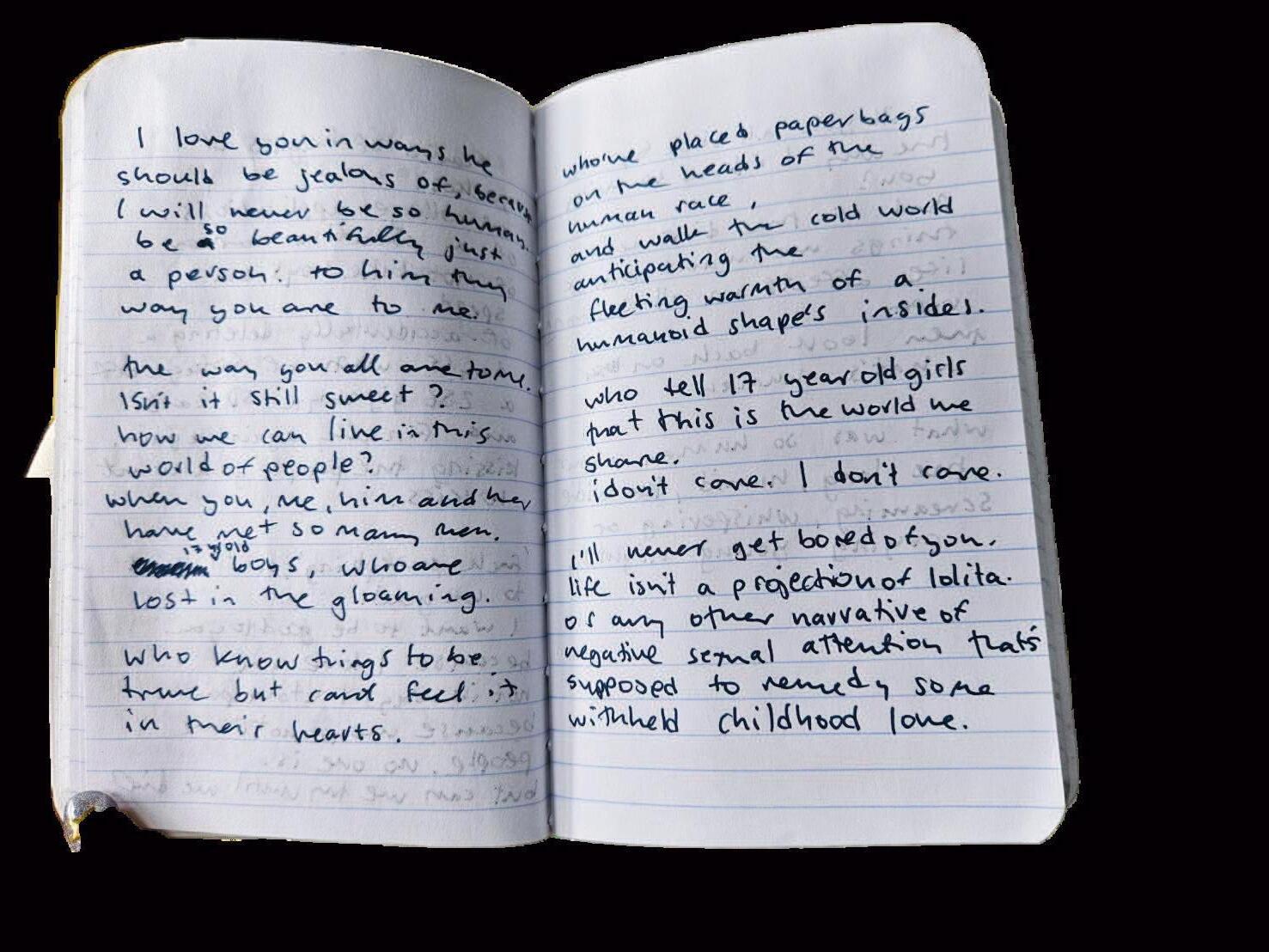


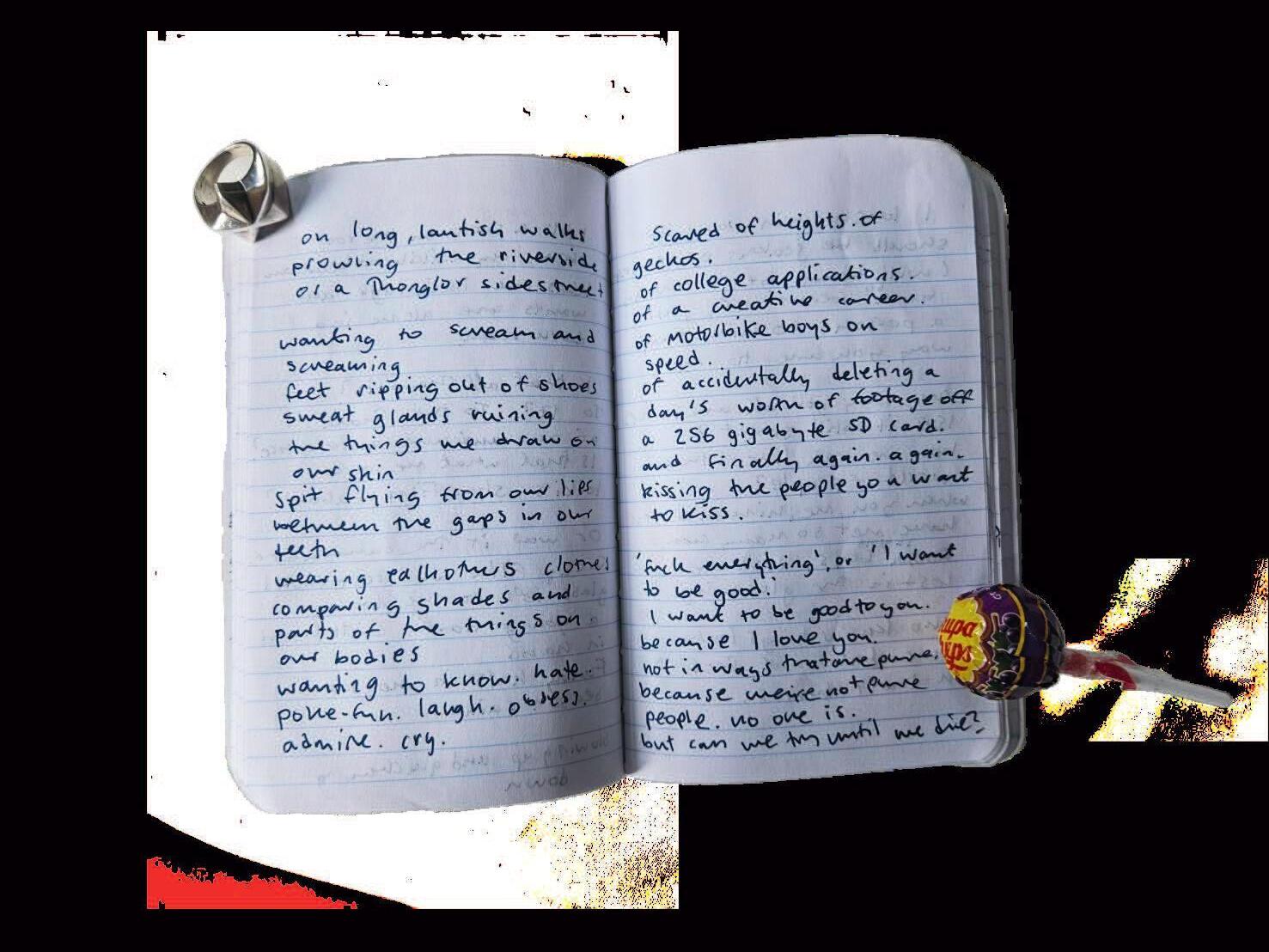
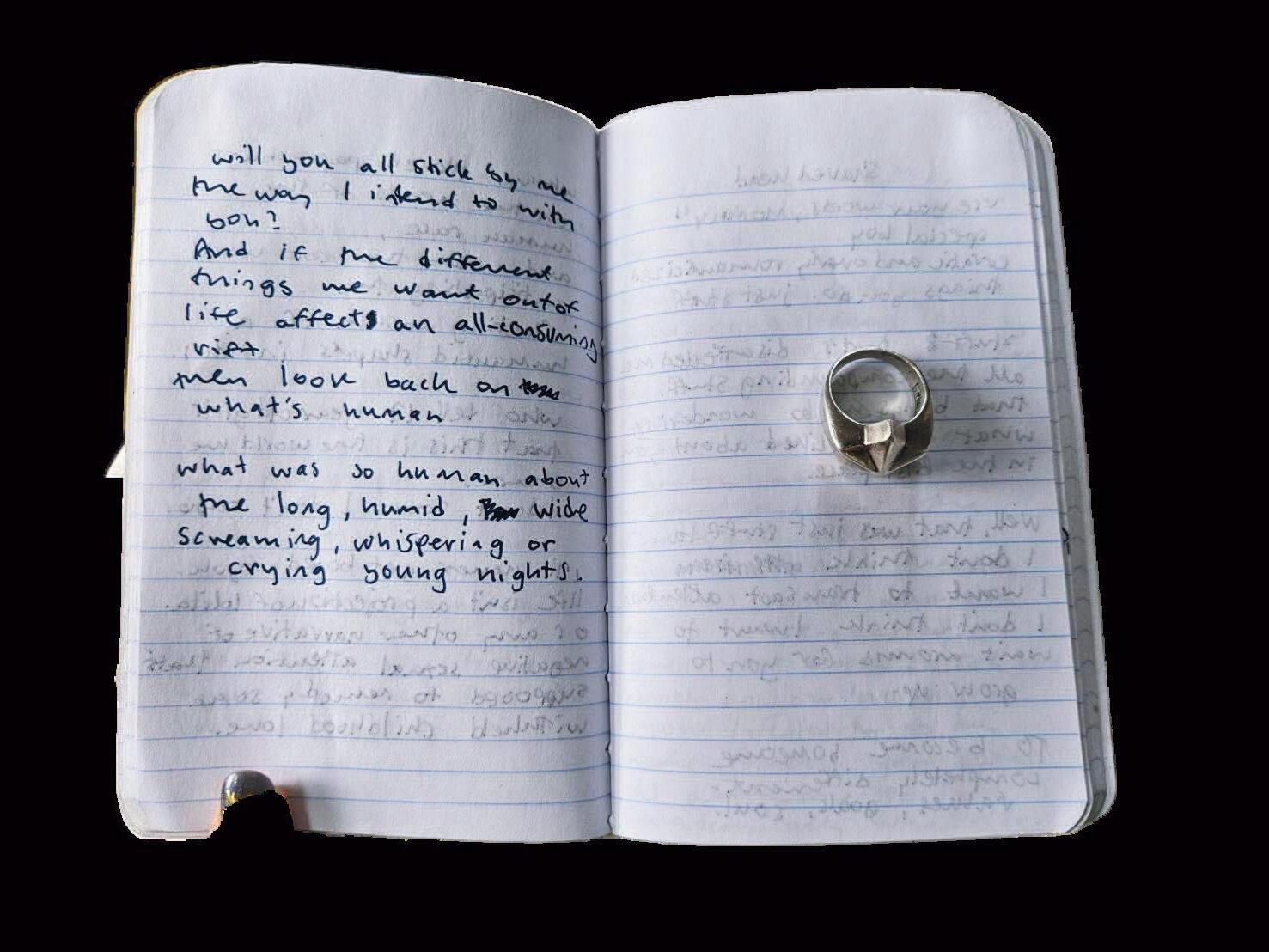
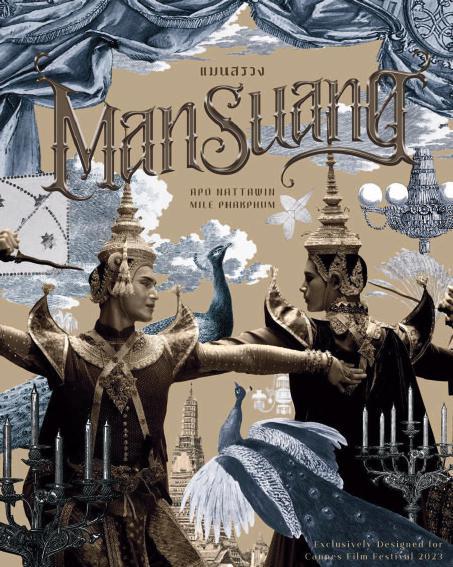

The Temple of Dawn stands incomplete, alluding to the year 1850, and provides a backdrop to a story set in the then Kingdom of Siam seldom explored in Thai cinema, with the exception of an up and coming film: ‘Man Suang’. The film, which recently premiered at the Cannes Film Festival, approaches 1850s Thailand through distinctive artistic direction – with ardent gravity of multiculturalism as a byproduct of foreign trade and eclectic reimagination of literary brilliance amidst reformation of the nation-state. Historically, an estimated 300,000 Chinese residents, many of whom had immigrated over to Siam two generations prior, were present in the nation. The initial governmental response to the management of these communities was the amalgamation of community leaders into the bureaucracy, in order to integrate the conduct and welfare of these communities as part of the responsibilities bestowed upon such leaders. However, this effort soon faltered due to growing variety of these communities. This administrative shortcoming is perhaps echoed in an ensemble of artistic elements present throughout poster sequences within the film, wherein proxemics were used to indicate relationships between ideas. The year 1855 observed the inception of the Bowring treaty as well as parallel agreements that stimulated market economy and placed tension on the old administrative system due to extraterritorial rights granted to foreign citizens – especially the right to be tried by their respective consuls as opposed to Siamese courts. The artistic direction of Man Suang parallels these cultural clashes: candleholders bearing the resemblance of European influence, the traditional Thai star-shaped kite, and Thai hanging flower garland which mirrors the juxtaposition of pressure to define one’s sovereignty or local livelihood to institutional decorum. The ‘nation’ of Siam consisted of peoples and lands which varied in religion, culture, language, history, and traditions. The Bangkokian tongue was mutually unintelligible to that of Chiang Mai’s. The artistic direction of ‘Man Suang’ does not shy away from probing the vicissitudes of then Siam, at its turning page.



Quick rundown!

Sukarno: 1st president of Indonesia (1945-1967). Led independence from Dutch colonialists and rejected US hegemony in SEA (“Soviet-Indonesian General Agreement” signed in 1960 between Khrushchev and Sukarno: friendly relations + concessionary loan of $250 million)
Suharto: military general, president (1967-1998) following a coup which deposed Sukarno. Implemented the "New Order", staunch anti-communist, right-wing political ideology which aimed for: political order, economic development, and the removal of mass participation in the political process.
Non-aligned movement: founded 1961: 120 countries not formally aligned with or against any major power bloc (western or eastern). Sukarno was a “heavyweight in the nonaligned movement” (H.W. Brands, 1989).
American Sponsored Militarism in Southeast Asia: E.g., financial assistance provided by the International Monetary Fund (IMF) during the late 1960s and early 1970s to Suharto's gov. Separatist Ideologies: The Eisenhower administration’s covert paramilitary support of separatist rebels such as the Atjehnese Islamic rebels and the Kahar Muzakar rebels in the Indonesian Regionalist Rebellion of 1958. 'Guided Democracy' (and its breakdown): Sukarno's 'Guided Democracy' suffered a breakdown; common people and upper classmen increasingly viewed his regime as authoritarian and unstable (inflation rose from 40% in 1960 to 1,136% by 1966).
Gestapu or September 30 Movement: on September 30th, 1965, a group of six leading, pro-Sukarno army generals were arrested and murdered by a group of army officers under the justification of “preempting a CIAsponsored coup”. The next day Suharto, a high-ranking military general, assumed power in government, succeeding Sukarno despite publicly stated efforts of the military to defend his position. Prior to the Gestapu, CIA agent Guy Pauker had urged his Indonesian military contacts to assume “full responsibility’ for their nation’s leadership” and to “fulfill a mission” and hence “to strike, sweep their house clean”.
Today, SEA still has its weak democracies and military-controlled governments. In Thailand, army generals as prime ministers, anti-communism and tyranny was a trend from the conception of Thai democracy, ie. the shift from absolute monarchy to 1st prime minister Phraya Mano and his implementation of the 'Anti-Communist Act' which saw the entire Central Committee of the Communist Party of Siam arrested & imprisoned and press banned. Early "democracy" in Thailand reflects Sukarno's 'Guided Democracy' subsuming all political parties (adopted by presidential decree on July 5, 1959) too, but personally, the question remains: did American funding of military & oppressive groups exacerbate political, economic and ethnic instability, promote state violence or set back democratic progress and development in SEA? All for the maintenance of American hegemony in the region?
references: Ragna Boden, 2008 “Cold War Economics: Soviet Aid to Indonesia.”
Jaechun Kim, 2002 “U.S. Covert Action in Indonesia in the 1960s: Assessing the Motives and Consequences.”
H.W. Brands, 1989 "The Limits of Manipulation: How The United States Didn't Topple Sukarno"
Herbert Feith and Daniel S. Lev, 1963 "The End of the Indonesian Rebellion.”
Peter Dale Scott, 2015 "Still Uninvestigated After 50 Years: Did the U.S. Help Incite the 1965 Indonesia Massacre?"
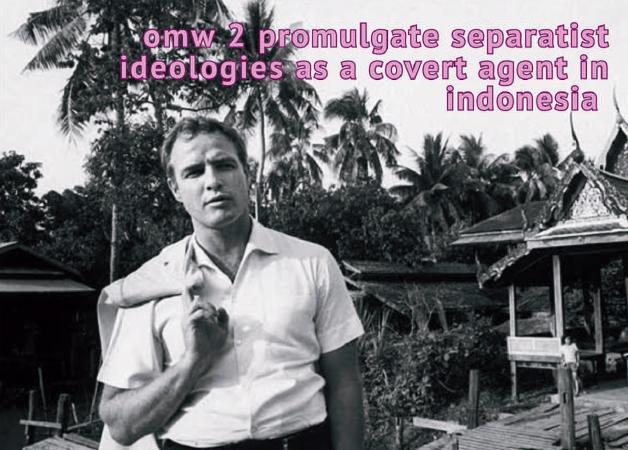
Brian Benoit, 2017 "Lifting the Bamboo Curtain: The Rise and Fall of “Guided Democracy” and the Indonesian Communist Party"
Daniel S. Lev, 1971 "The United States and the Indonesian Army: A Study of Aid and Influence"
William Stanley, 2008 "Aiding and Abetting: U.S. Foreign Assistance and State Violence"
Indonesia was one of the most crucial countries in the Southeast Asian region during the cold war. The United States had commercial, political, and military interest in maintaining hegemony in Indonesia due to its strategic geographical positioning across key sea-lanes that delivered oil to the U.S. and bountiful natural resources, of which many estates were owned by American investors. American covert action in Indonesia, using financial and internal political means, driven by the desire to contain communist influence in Southeast Asia and to maintain American commercial stockholdings in Indonesia, played the largest role in toppling Sukarno from his democratically elected seat of power. by anya
somwaiya
Being raised in both Spanish and English environmentscomeswithadeepappreciationfor both countries and a strong self-awareness of culture and history, with profound senses of admirationlivingwithinme.
Therefore, this poem is about living in the England in which I have grown up with, and reminiscing another that was taught in childhoodstorybooks,folklore&fables.
Shouldwestriveto embracethevisionary andthetranscendental?
Asweapproachintothe eraofdigitalisationin societycombinedwith modernIndustrialist practices,weoughttobe remindedofthenatural world,perhapseven takingtheRomantic approachtolife.




OdetotheEnglishSun:
Honeysucklessoakintheancientsol. Elderflowercordialdreams.
Thyenergisingtouchhastthepower torepleteaheartwithanentirety of fervourandardourthat shouldlastalifetime.Alas, thenatureofthymetaphysical touchisonlytemporary.
Wheninfatuated,peril, yetIshallspendtheephemeraltimeindusk continuouslyandrelentlessly searchingforthyarrivalonceanew.


MistleThrushesserenadewithinswayingbirchtrees. Hazelnutmilkandfighallucinations.

Visionsofnymphsfluttering barefootthroughtheseaofwhitecloverandharebell forestfloor, Augustwillowtreeleaves dripdownmyspinein effortlessdrifts,soto becomeintertwinedinto ourinevitablecycleofdeath;biologicaldecompositionsandreconstructions.
Gentlyrevivingme, thesunbeguilesmetoitsnever-endingwildblue,yonder.
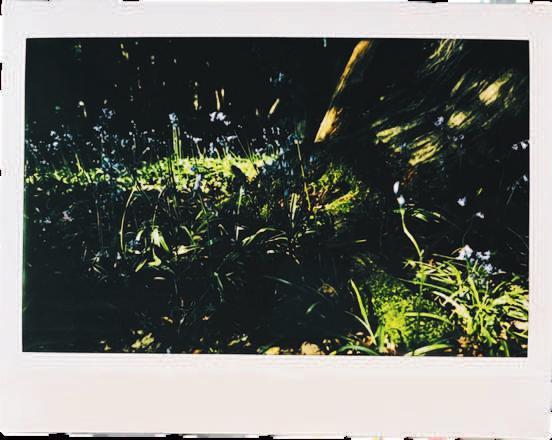 (AruralEnglishnymphabscondsintoeternalwoodlands)
(AruralEnglishnymphabscondsintoeternalwoodlands)
Euphoriaattheblindingglanceofyourarrival,sun’sfirst dayofMay,ismy epitomeofserendipity.



Andatgloam,howImissyoudeeply, butohIdoadmireaperfectpictureof thewaninggibbous.
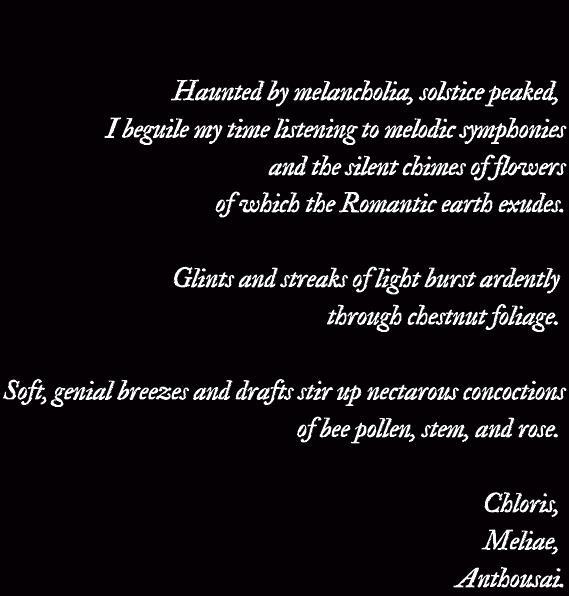
Andatseasonaldespondency,Ishall pine,yearn,wishforyour luminsecent-whitethermalityagain. Iloatheyourfugaciousnature.




ItappearsthatIhavebecomebothaheliophile, andselenophile. Bothtransitoryexperiences.

Inhalingthedustyhayandsweetstraw, Isensethatharvest-timeisprosperouslynear.





Soletmeclutchthygoldenburningembrace, sothatthystringsofsilencemayfillmyvoid ofemptinesswiththebenevolentwarmthwhichyouexude.

Harpstringsbuzztenderly, ringing, reverberatinginmyear, infiltratingmysoulwithitsdepthandsplendour. Itssoundismellow&ambrosial, andcascadingintotheceaselesswoodlandsofmymind.
Nightisalmostover,Iamreadytowriteanaubade.
Peppers burgers is an OG Jericho late night spot for oxford locals in the know. If you're asking where the sesh is on a Friday night it's probably here, and if it's not, take the 5 minute walk over to port meadow. Ashraf, his son and staff took over Peppers about 20 years ago and have kept the classic burger joint going strong.
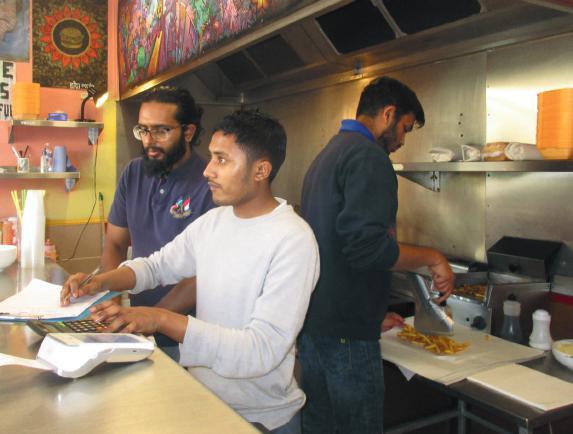
So, don't go to m&s and skip Summertown. The team at peppers in Jericho bang out burgers and chips like fine-tuned machines of mass culinary destruction. Doesn't matter if the place is brimming with uni students, they've done this rodeo before. And they do it so well.
The chips and burgers are cheap, quick and the best in town with more toppings on offer than you could ask for. Eat in or takeaway for a munch in the park or on the canal.
The decor is also something of a staple: wacky walls and an eclectic spread of flyers so you can wander in and catch up on whats new in Oxford.
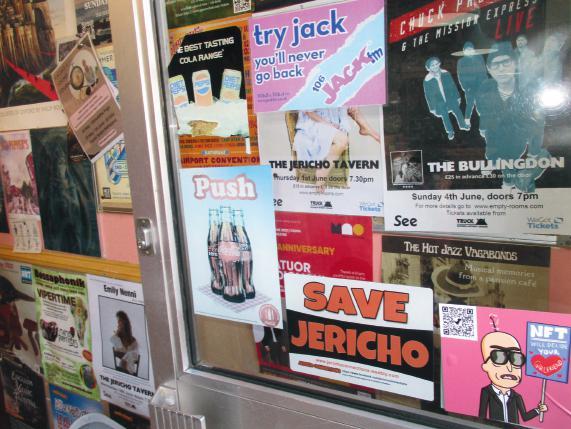
Overall, peppers is a Jericho gem and rightly so. The team are the sweetest and the food is saucy, grilled, crispy quick goodness.
*price cap is 10 quid, cash-only, no beers so bring your own from co-op down the road.
PEPPERS BURGERS: 84 Walton St, Oxford OX2 6EA, United Kingdom
TEL: +44 1865 511592
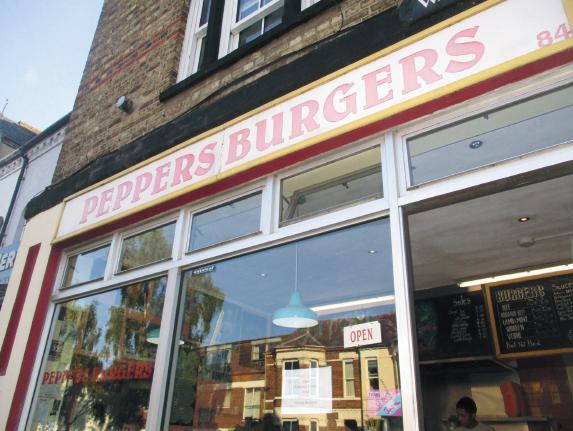
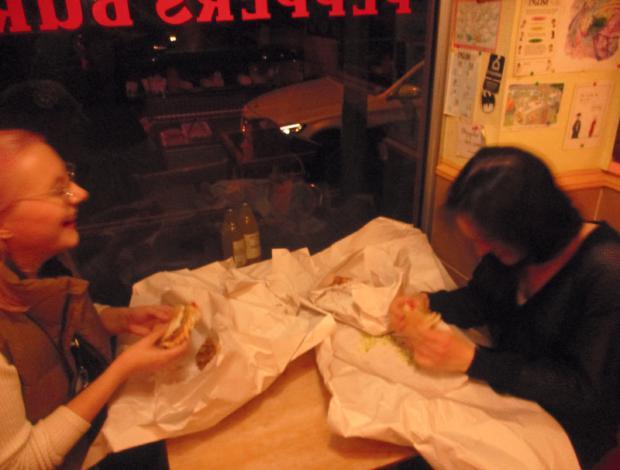
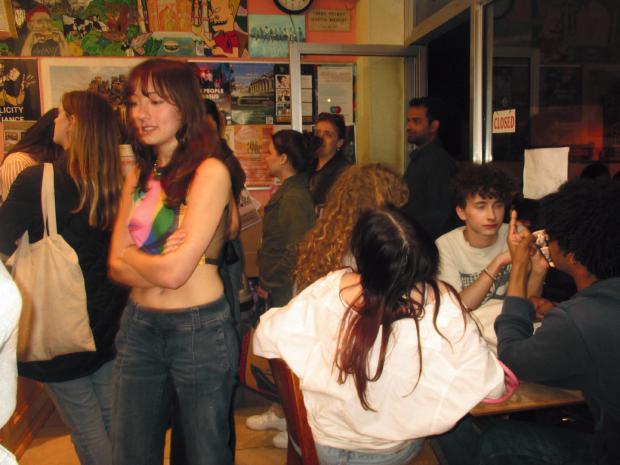
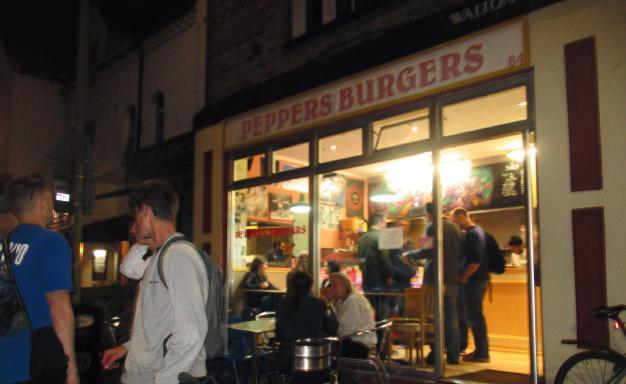
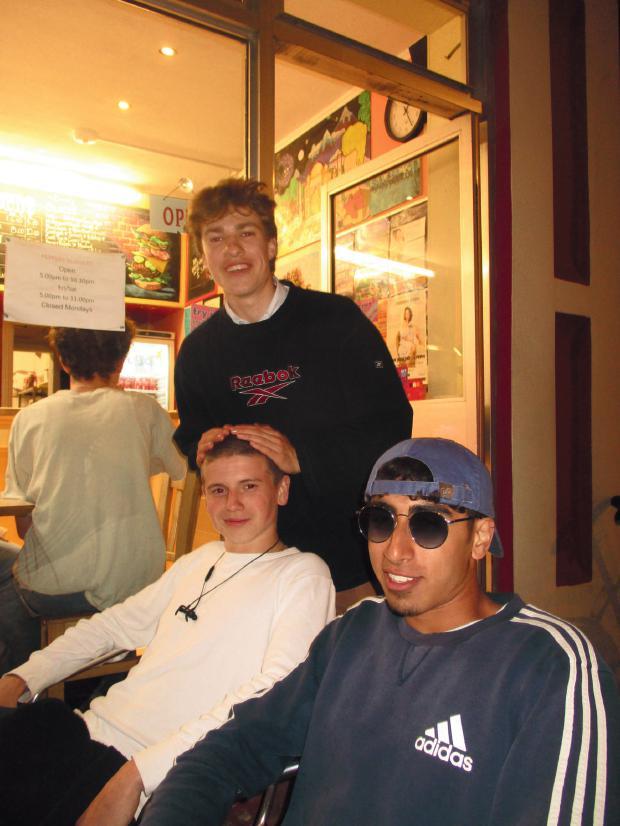
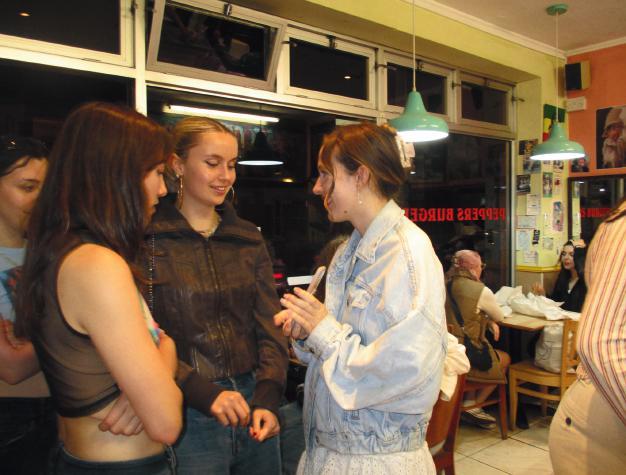
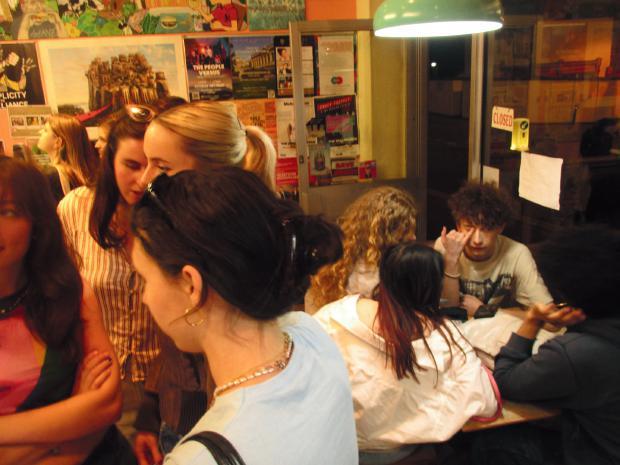


verse
g#m
Motorcycle
Bangkok night
Who are you.
f#m g#m f#m
Why do you care.
g#m
“You’re so exotic.
greencard
Let me give you a tip.
g#m
Come back to michigan.”
f#m f#m
chorus
Gogo girl to princess White guys...
Amaj7 (arp)
E (arp)
Why smile?
Amaj7 (arp)
Motel room

E (arp)
Greencard
verse (repeat)
Michael, don’t go
Back to vietnam
I need you at the embassy buy my nuoc mam
Nothing makes sense
My hairs a beehive
I can’t remember anything
Heroin's no crime
chorus (repeat)
Everybody’s doin it
Why can’t I?
Why smile?
Gogo
I’m 13
Never before
Why smile.
Gogo
by anya somwaiya photo by abby igbosoroeze
